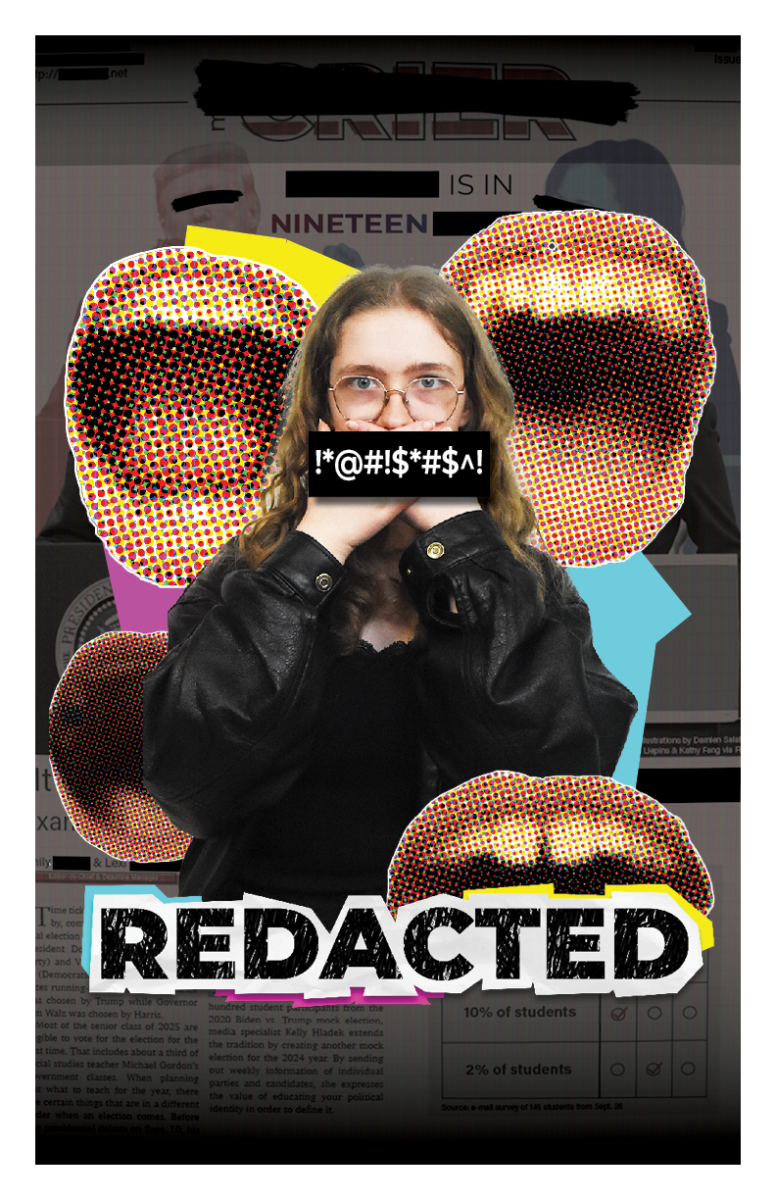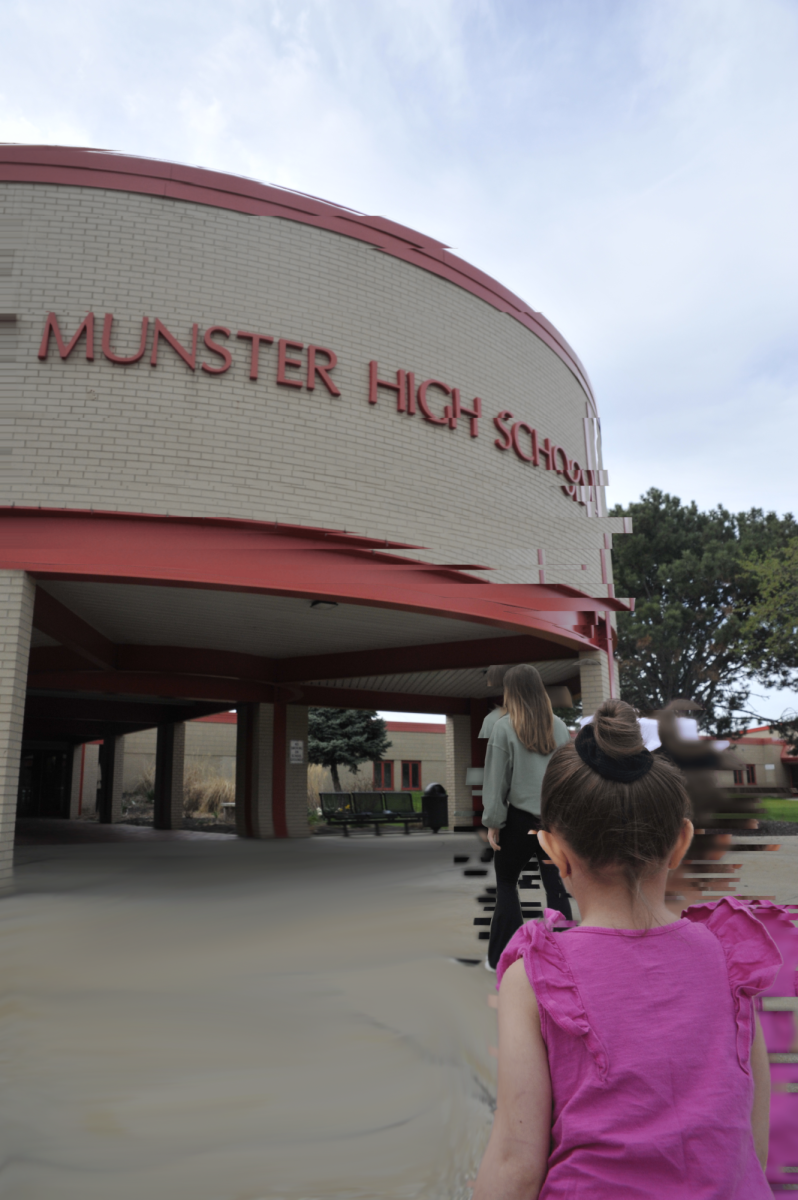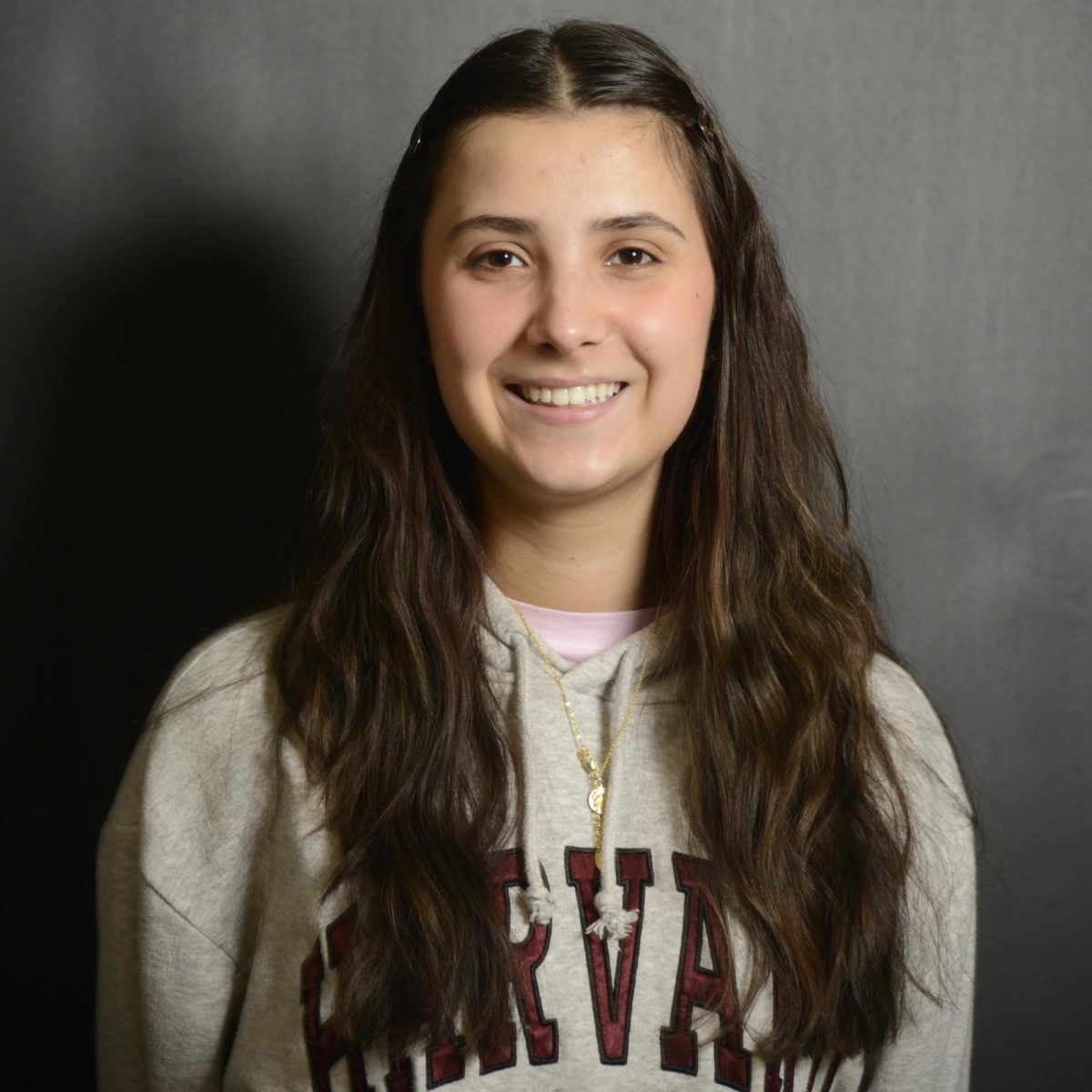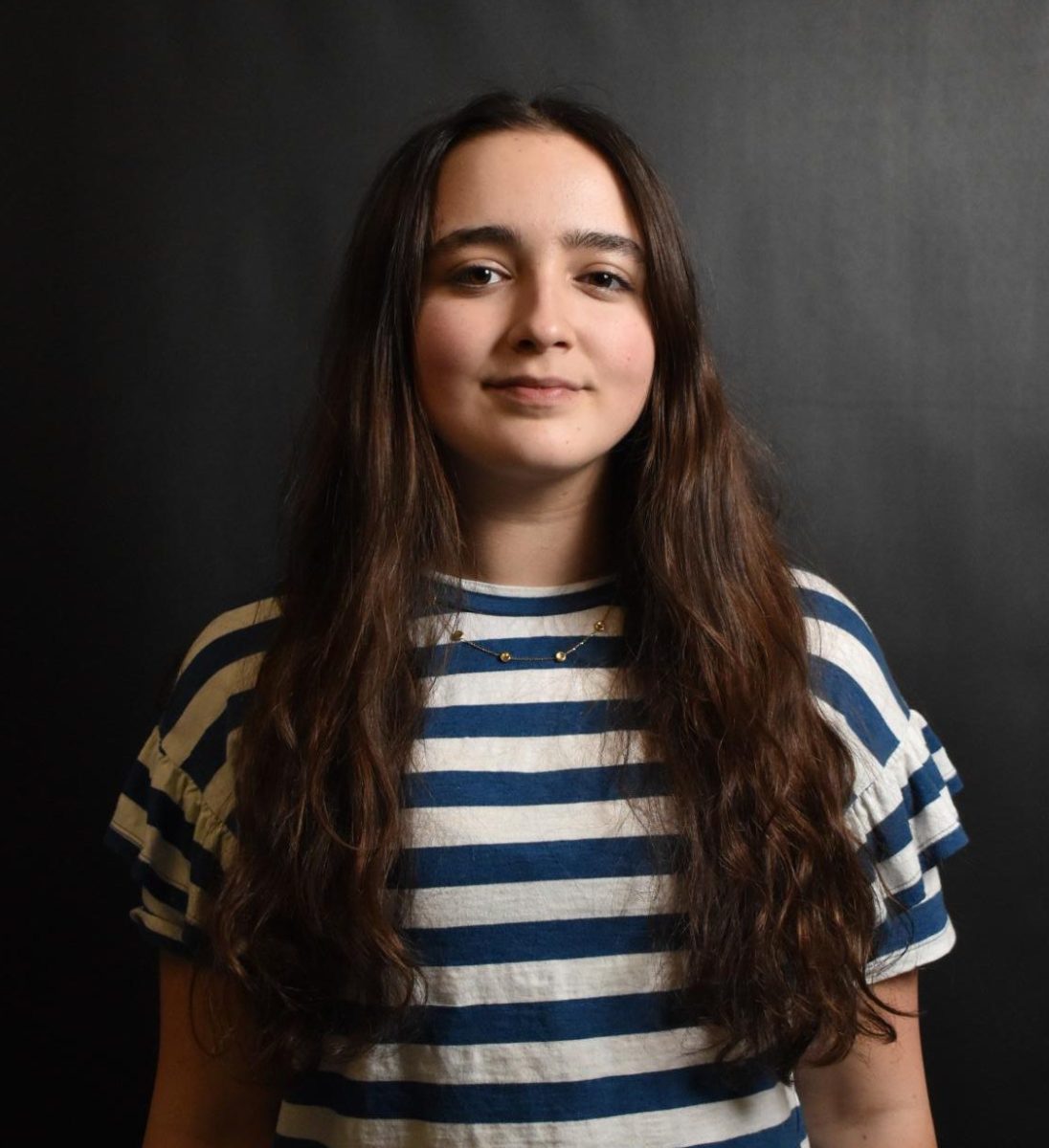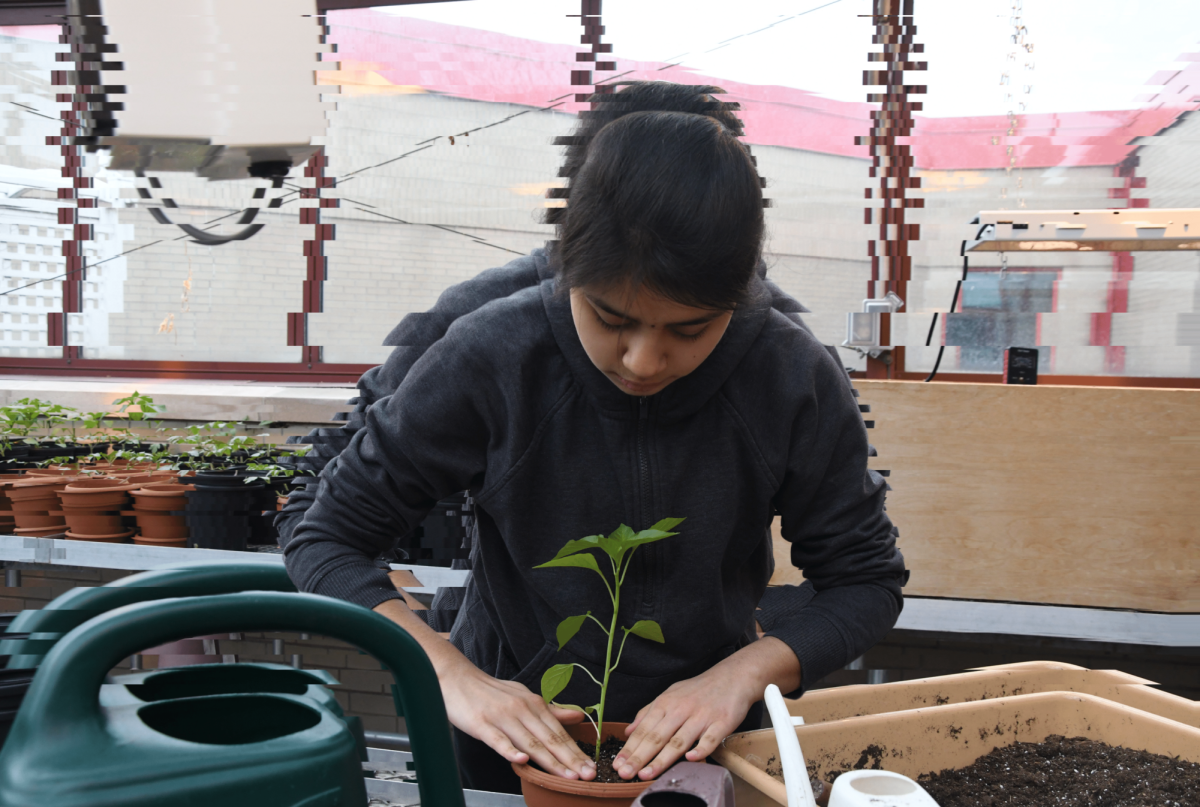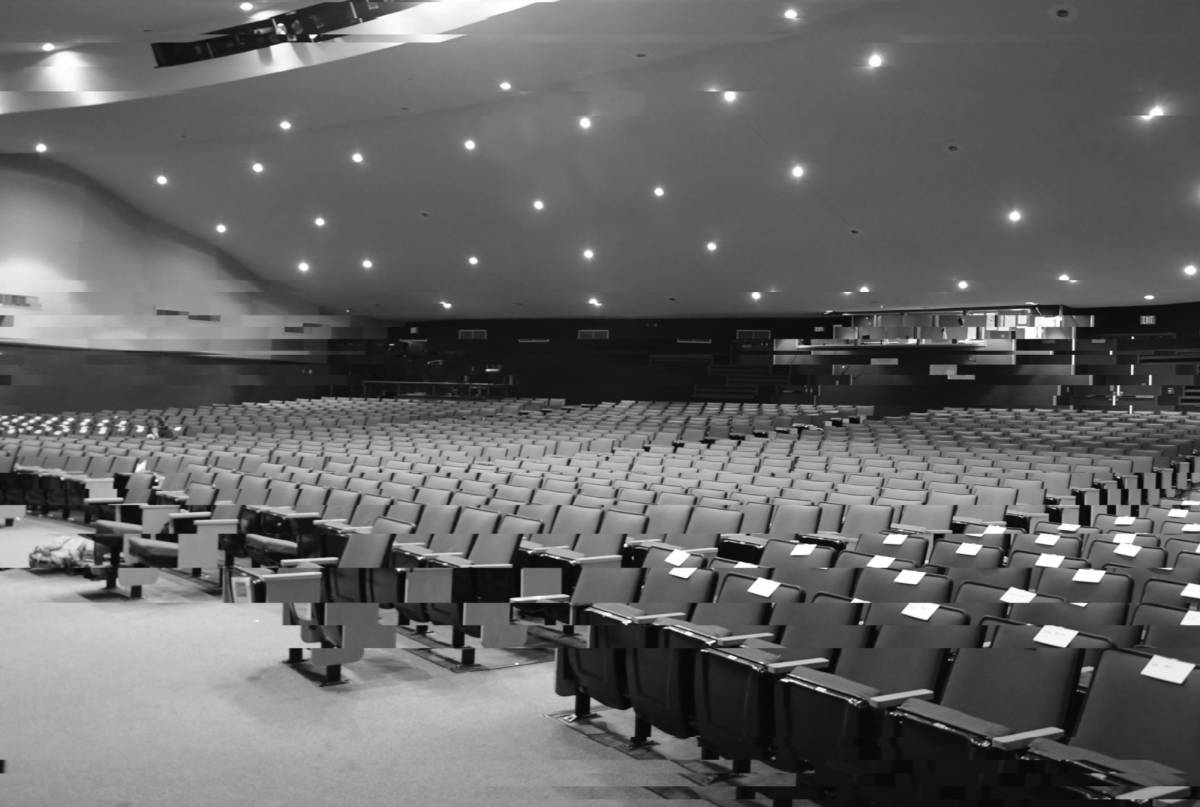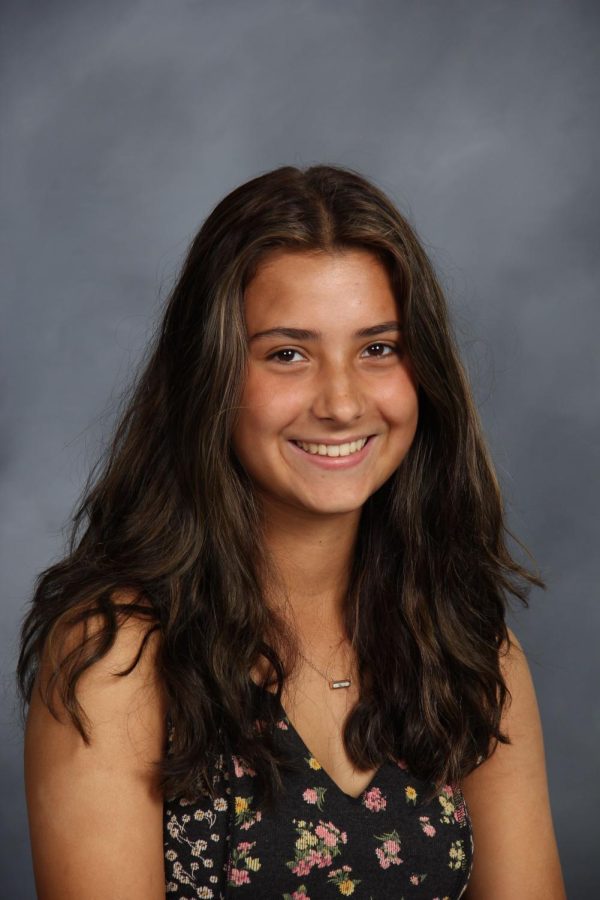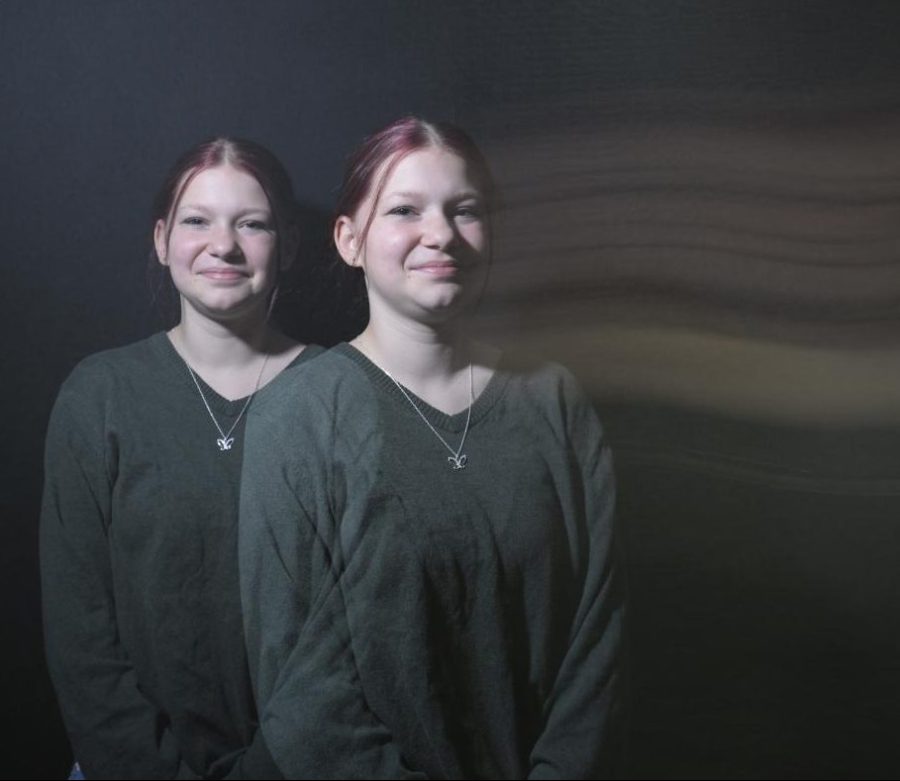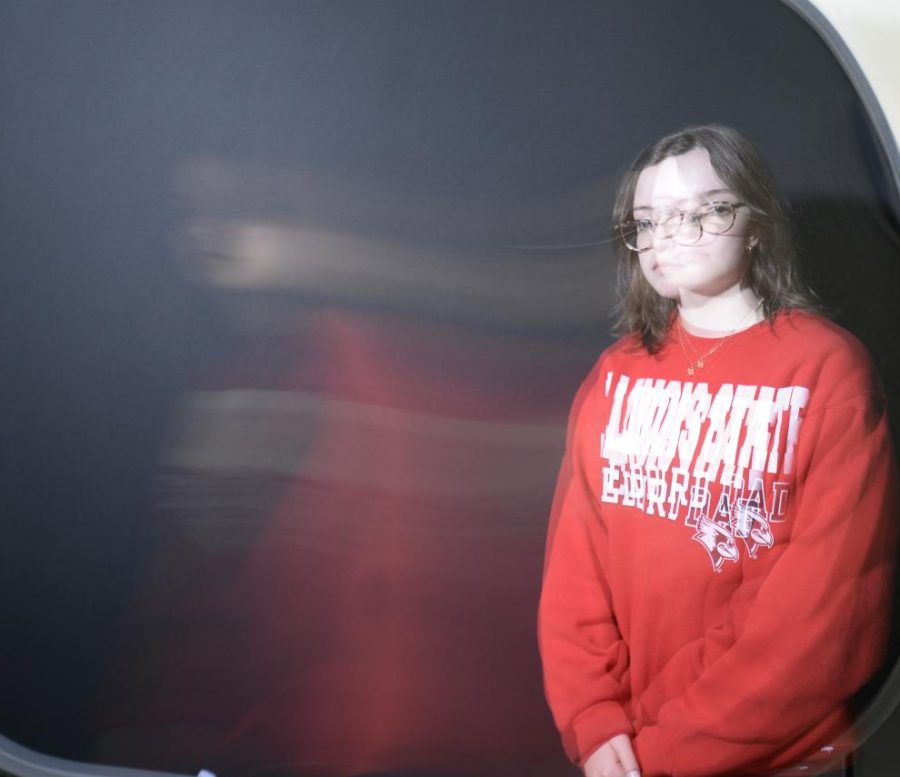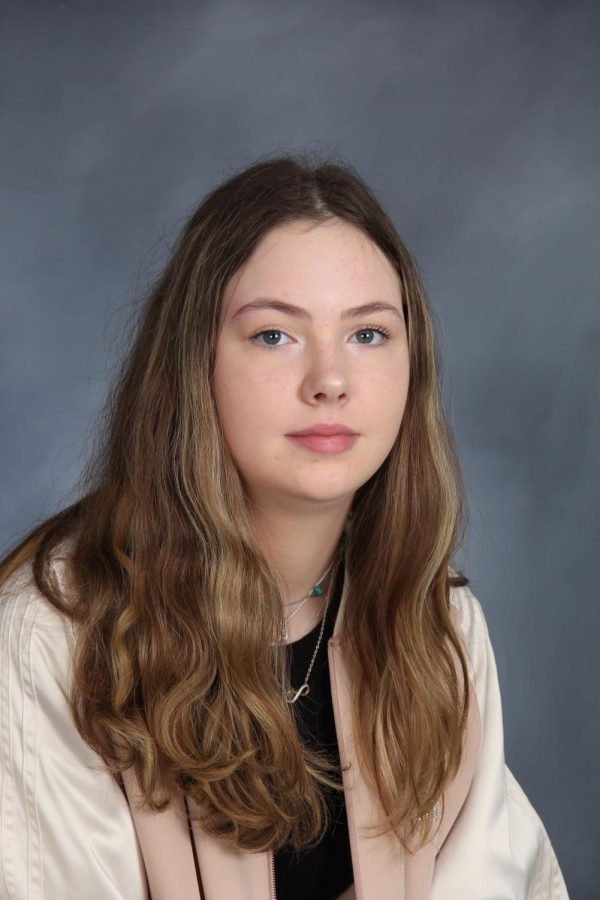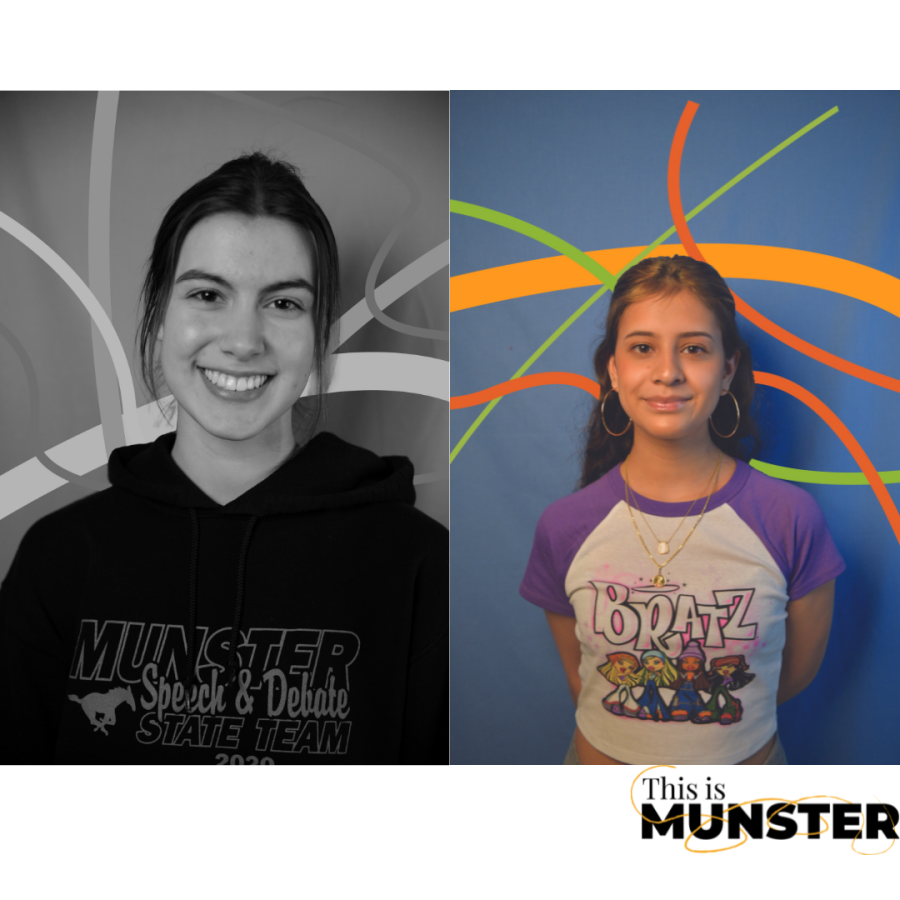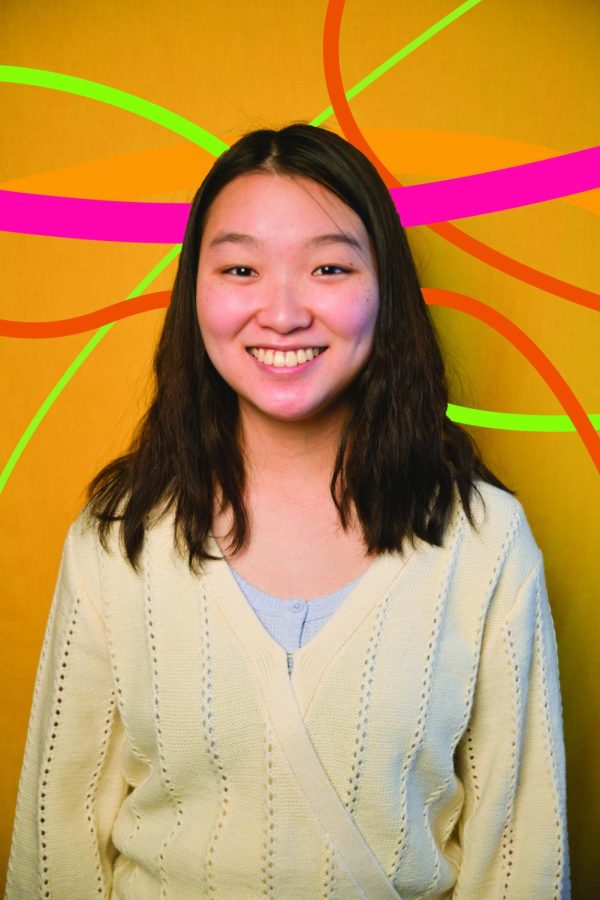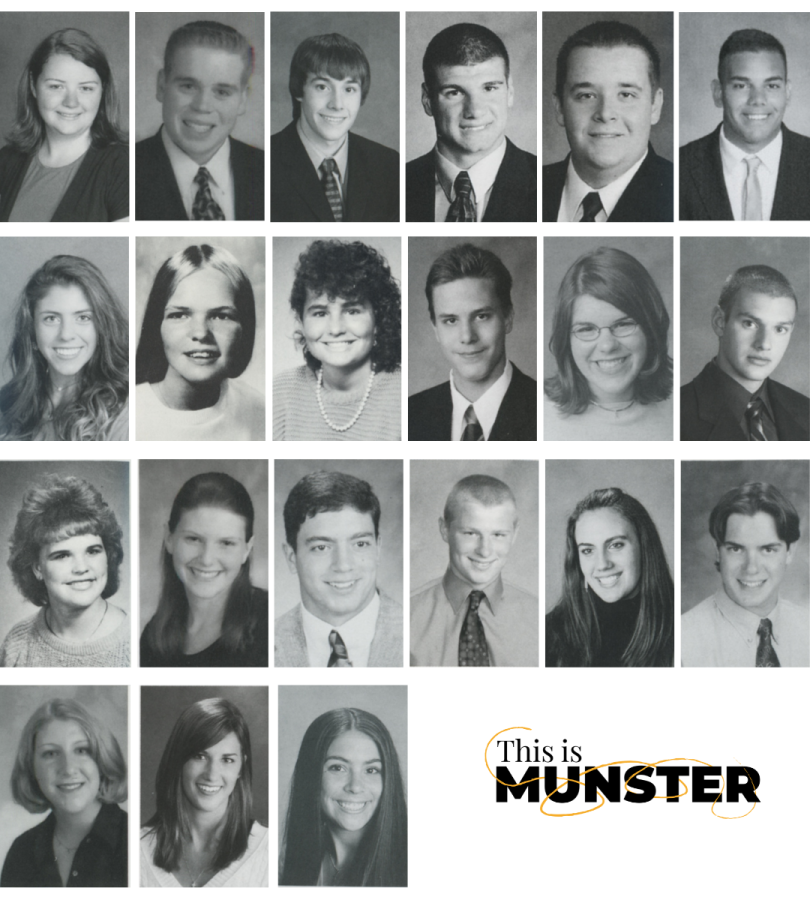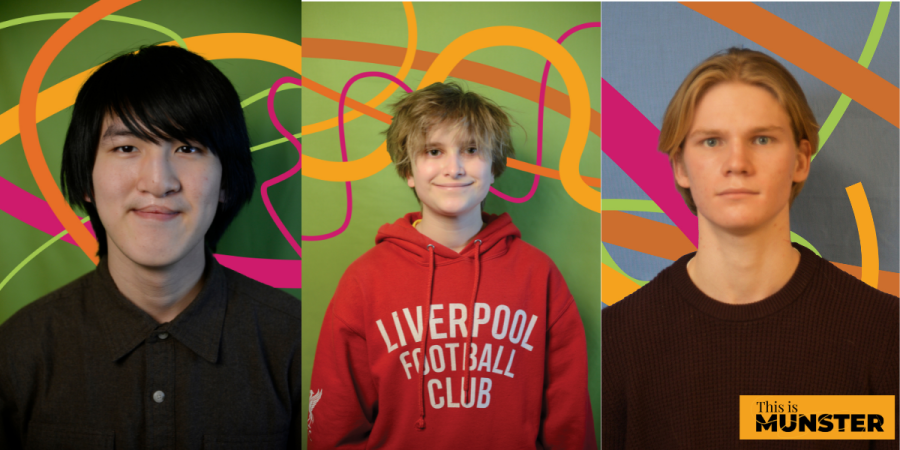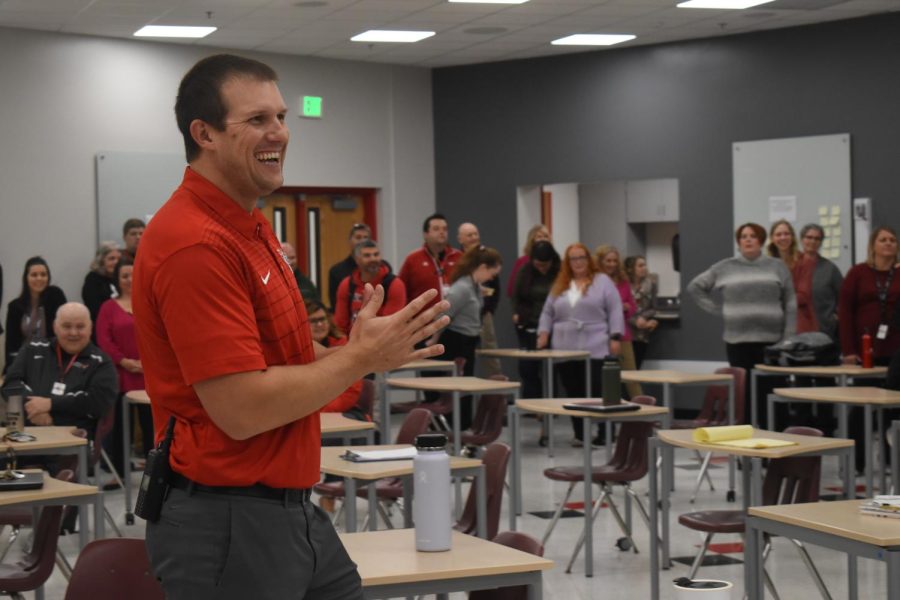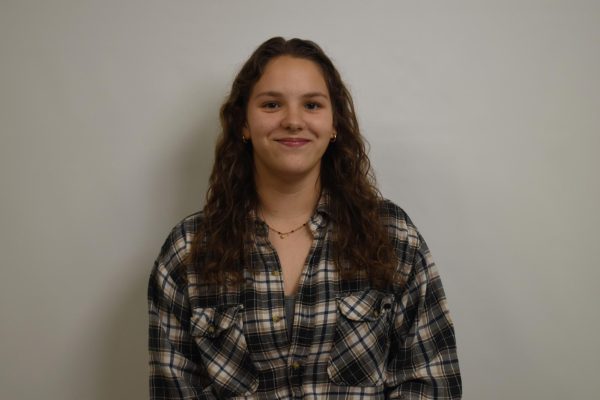Paving the way for PLCS: teachers and students adjust to new PLCs
TEAM TEACHERS During a PLC meeting, Mr. Morgan Nolan, principal, jokes with the staff while having group discussion. PLC meetings are held every morning for teachers to discuss student learning. “We want a chance to make sure teachers feel good about going into the school year, and that we are being clear and transparent,” Mr. Nolan said.
October 20, 2022
Though students only recently began to hear the vague term PLC litter the halls of MHS, mostly in the context of early teacher meetings, its establishment was present long before the this school year.
Despite what students may think, Professional Learning Communities are not a program, but a process. The goal of any PLC is to encourage collaboration among teachers, and to improve the curriculum and previous teaching standards. At meetings, teachers establish learning targets for them to routinely check in on. For example, during her Algebra II PLC, Mrs. Katie Harris, math teacher, begins meeting by analyzing something positive. From there, teachers discuss what they want students to learn, and how they will measure that—whether it be an exit ticket, an activity or assessment.
“We didn’t have protected time before,” Mrs. Katie Harris, math teacher and math department head, said. “That’s been really helpful for us to be able to talk to each other and have everybody be a part of the conversation and for us to have a common goal. If somebody has an idea that ‘oh, I never thought about teaching it that way.’ That helps us be better teachers, because we’re all great resources for each other.”
But with these specific learning targets, of which teachers create, it has been a struggle for many teachers to adjust to vague PLC guidelines. At the recent PLC meeting Oct. 13, teachers gathered in groups to discuss questions they had about PLCs, as well as what teacher collaboration has allowed them to do. A common question pasted on the wall was “how do we measure PLC progress?” While sometimes it is simple, there are obstacles that teachers can run into.
“It is different,” Mrs. Kelly Barnes, English teacher, said. “It is hard, because we tend to want to talk about more, and the PLC keeps us very focused. We usually will talk about more teaching practices and the PLC is focusing more on how are the kids learning and what. It is narrowing our focus more.”
Mrs. Barnes does think it is good to focus on the learning process, as well as other teachers. At the end of the day, Mrs. Barnes believes the ideas PLCs aim for are where we always should have been in terms of teaching.
“As teachers, we’re very motivated by the schedule,” Mrs. Barnes said. “Focusing on the learning means that I might have to be more flexible, or we might need to review this again, if our kids aren’t getting it. PLCs are where we should have always been. But it’s often very easy to get away.”

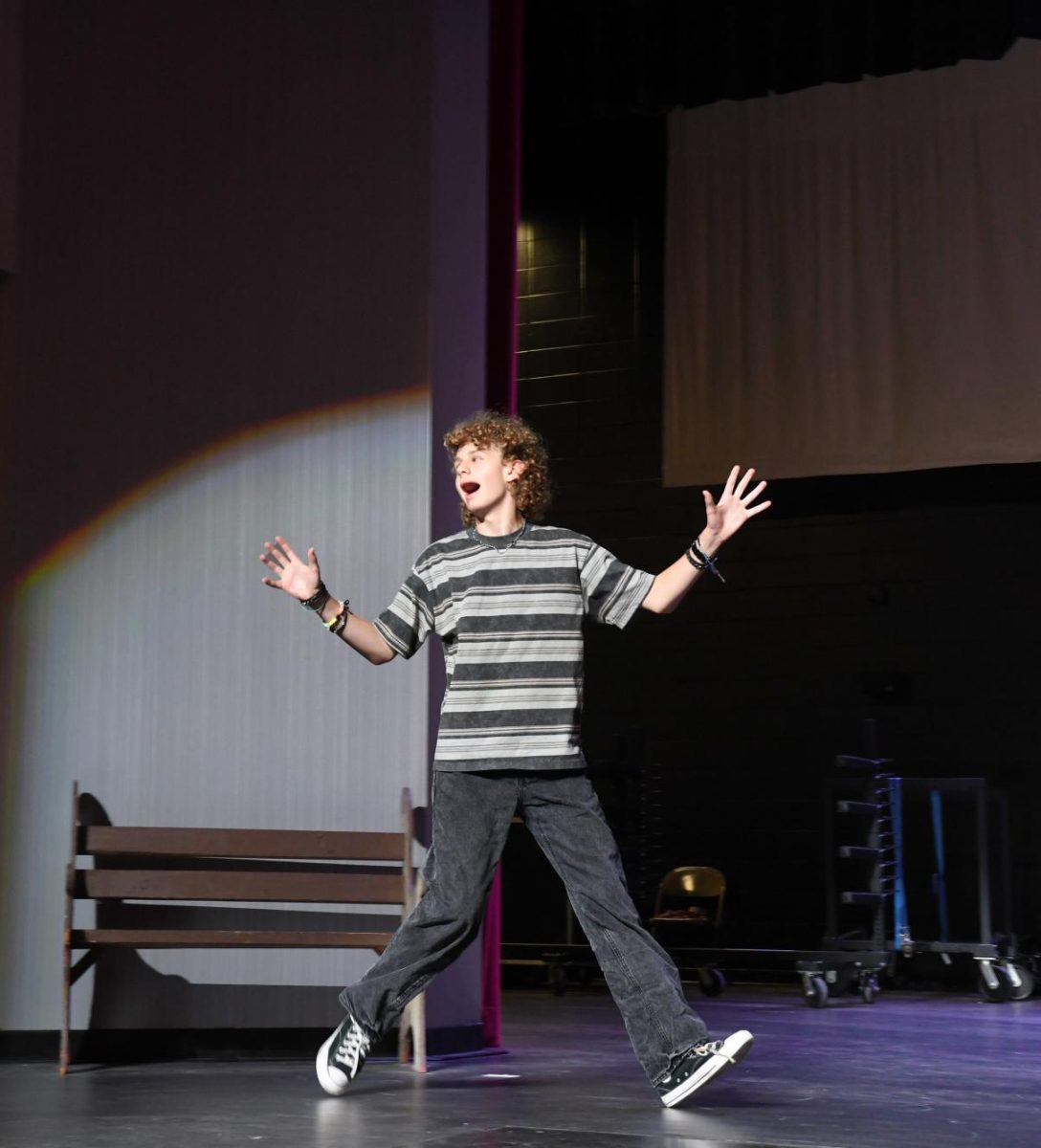
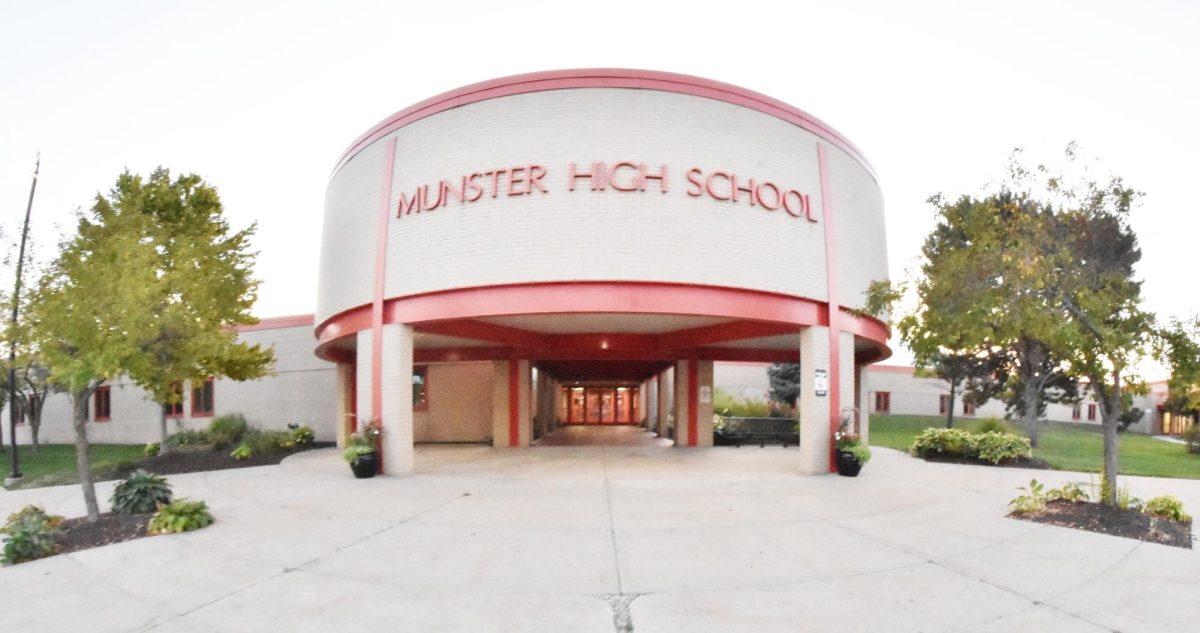

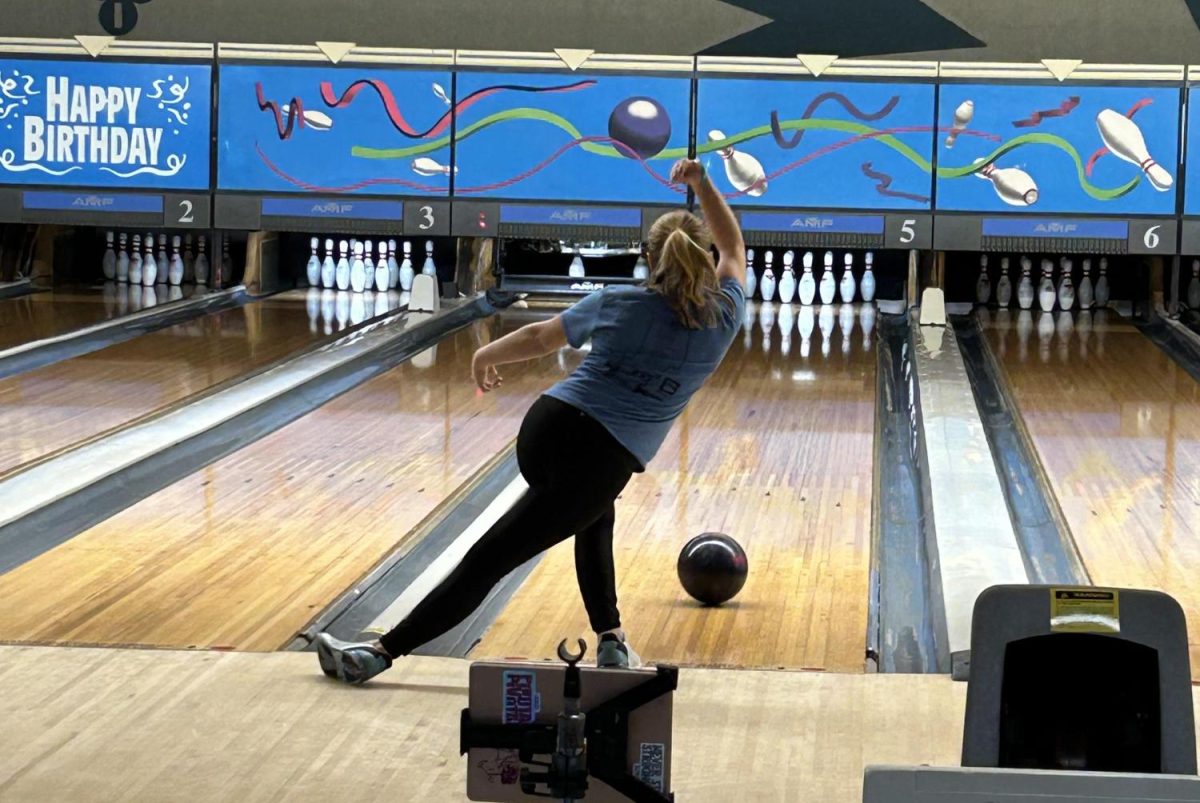
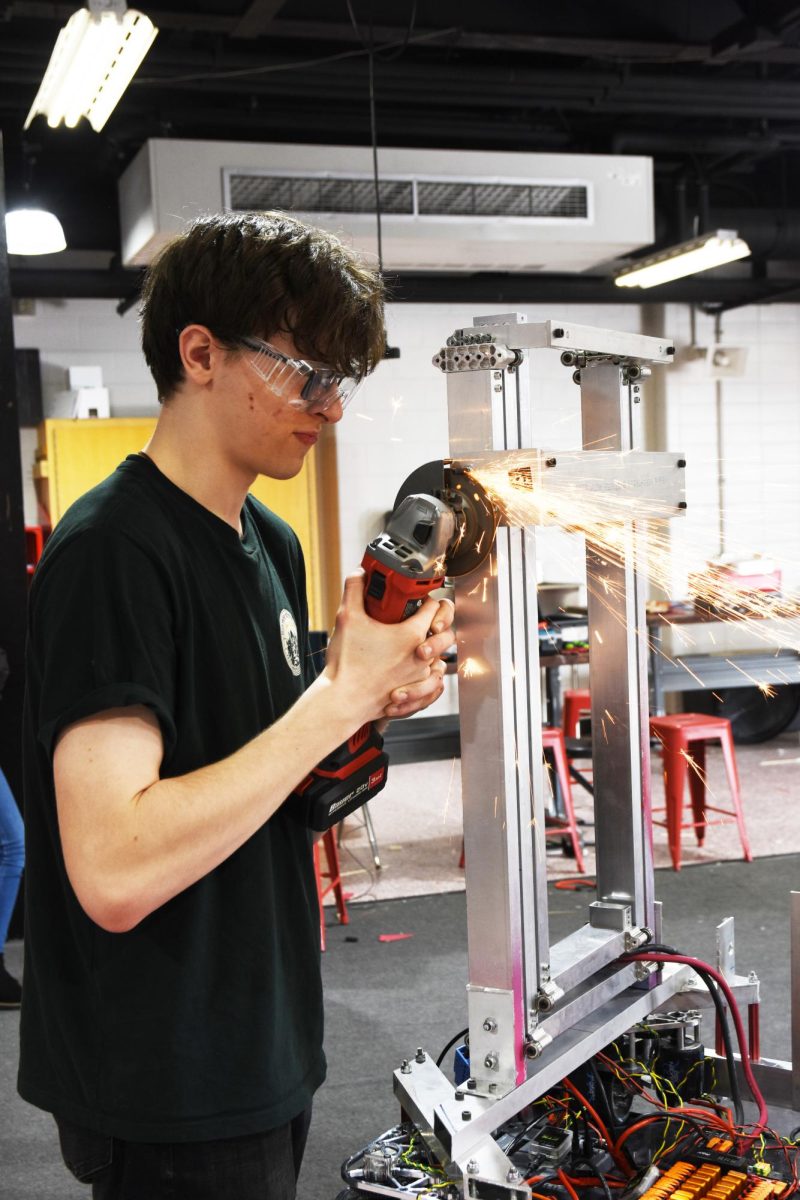
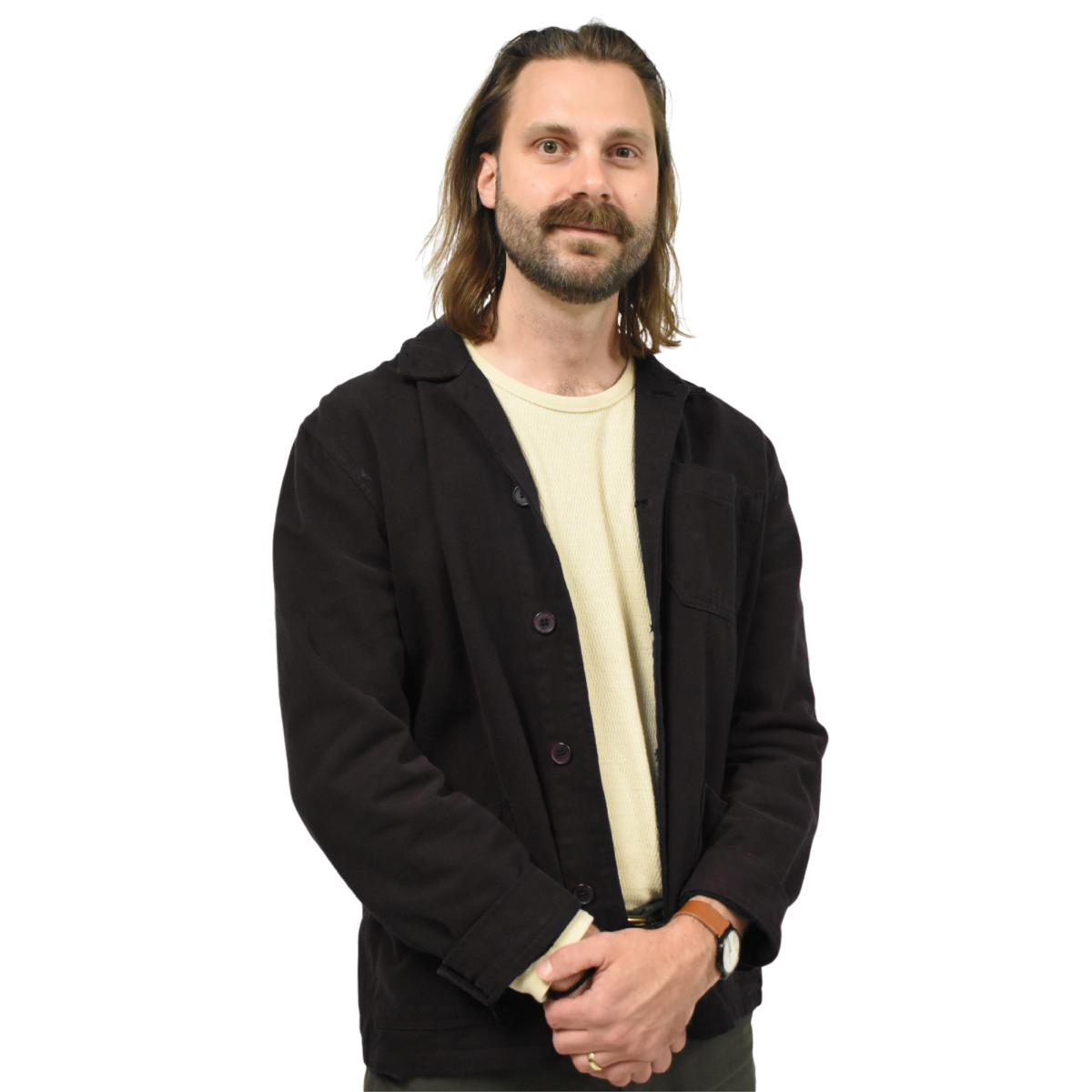
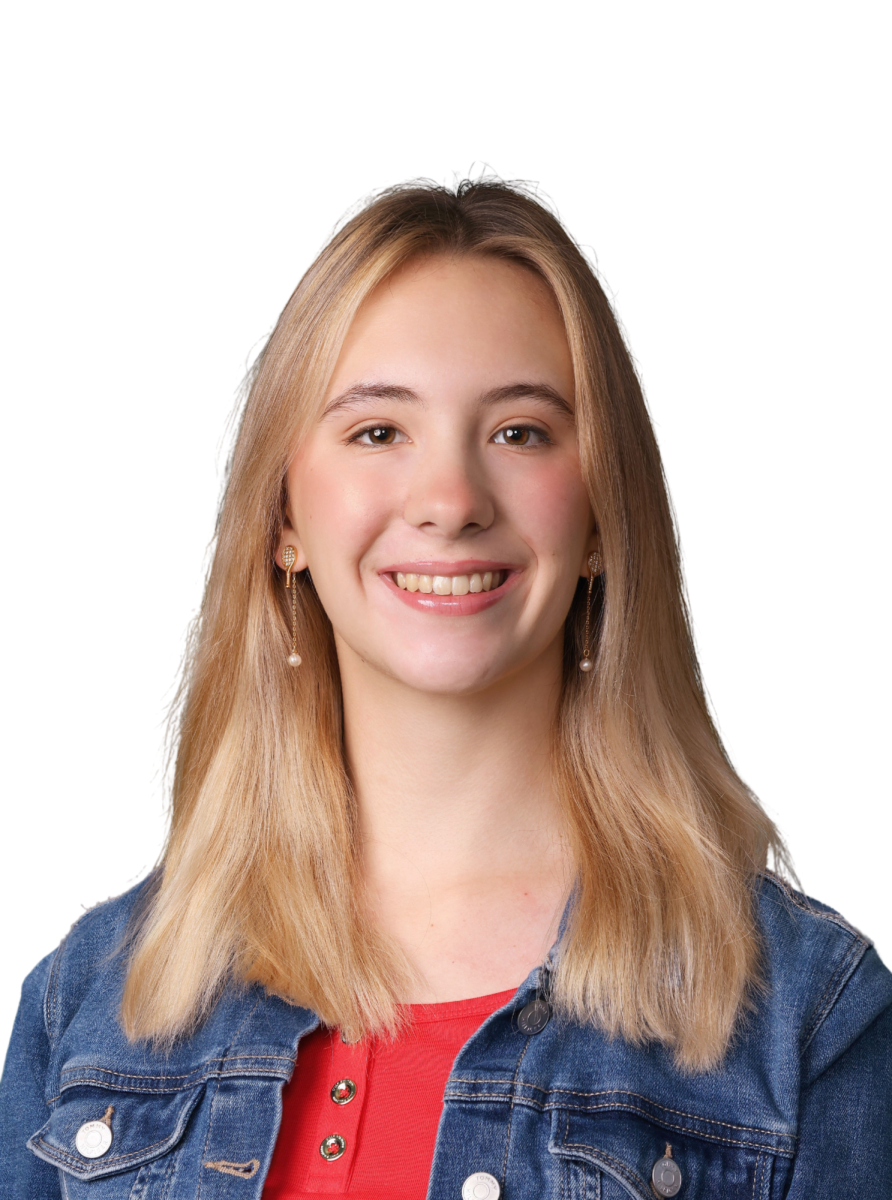
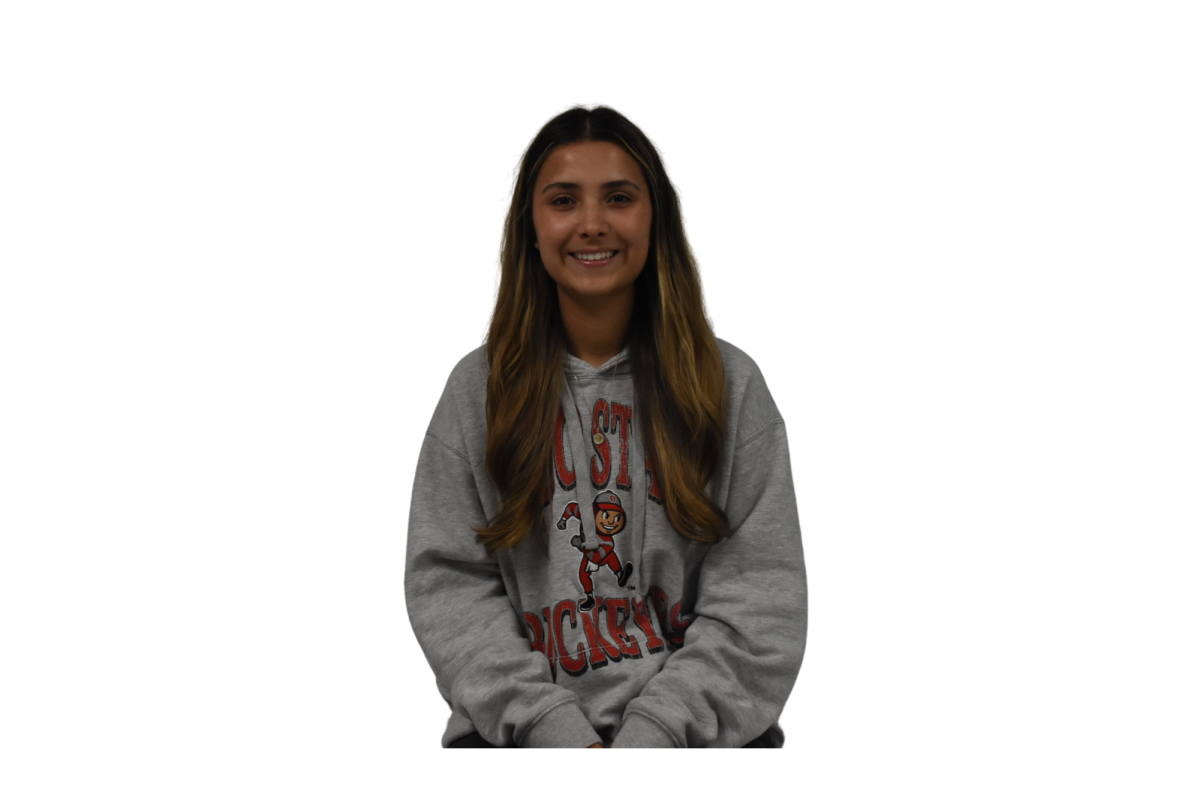

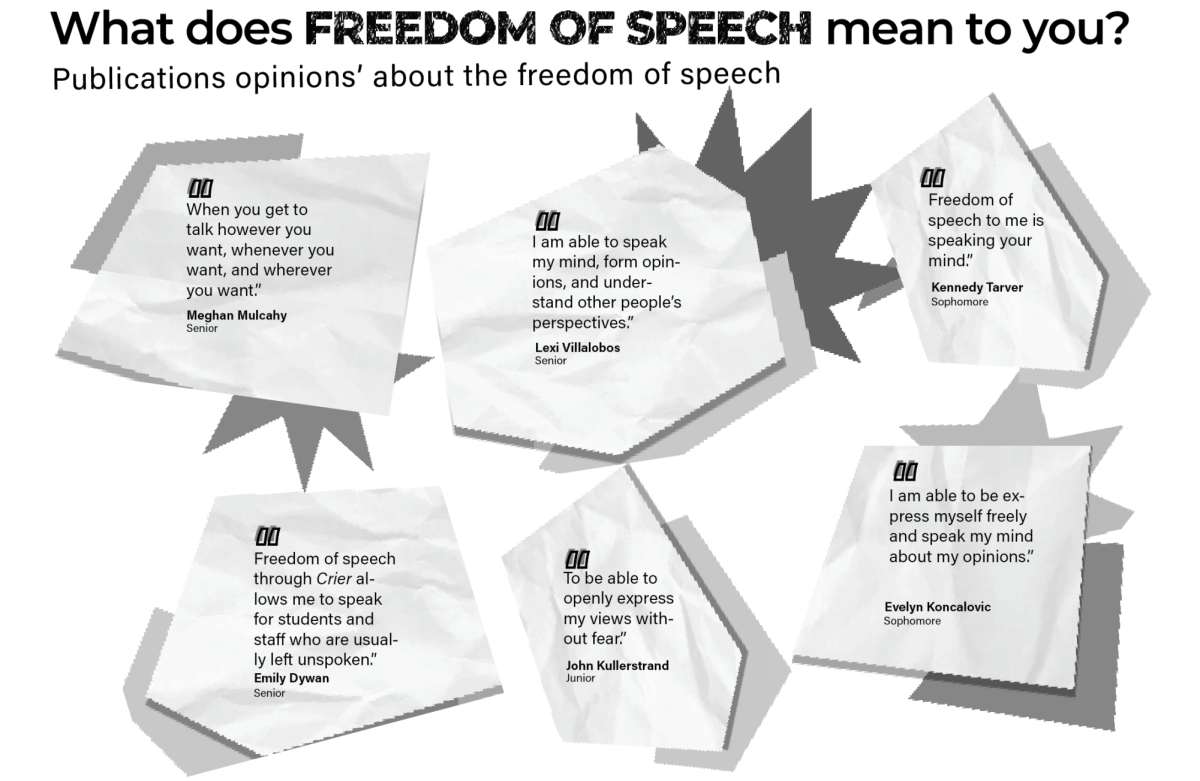
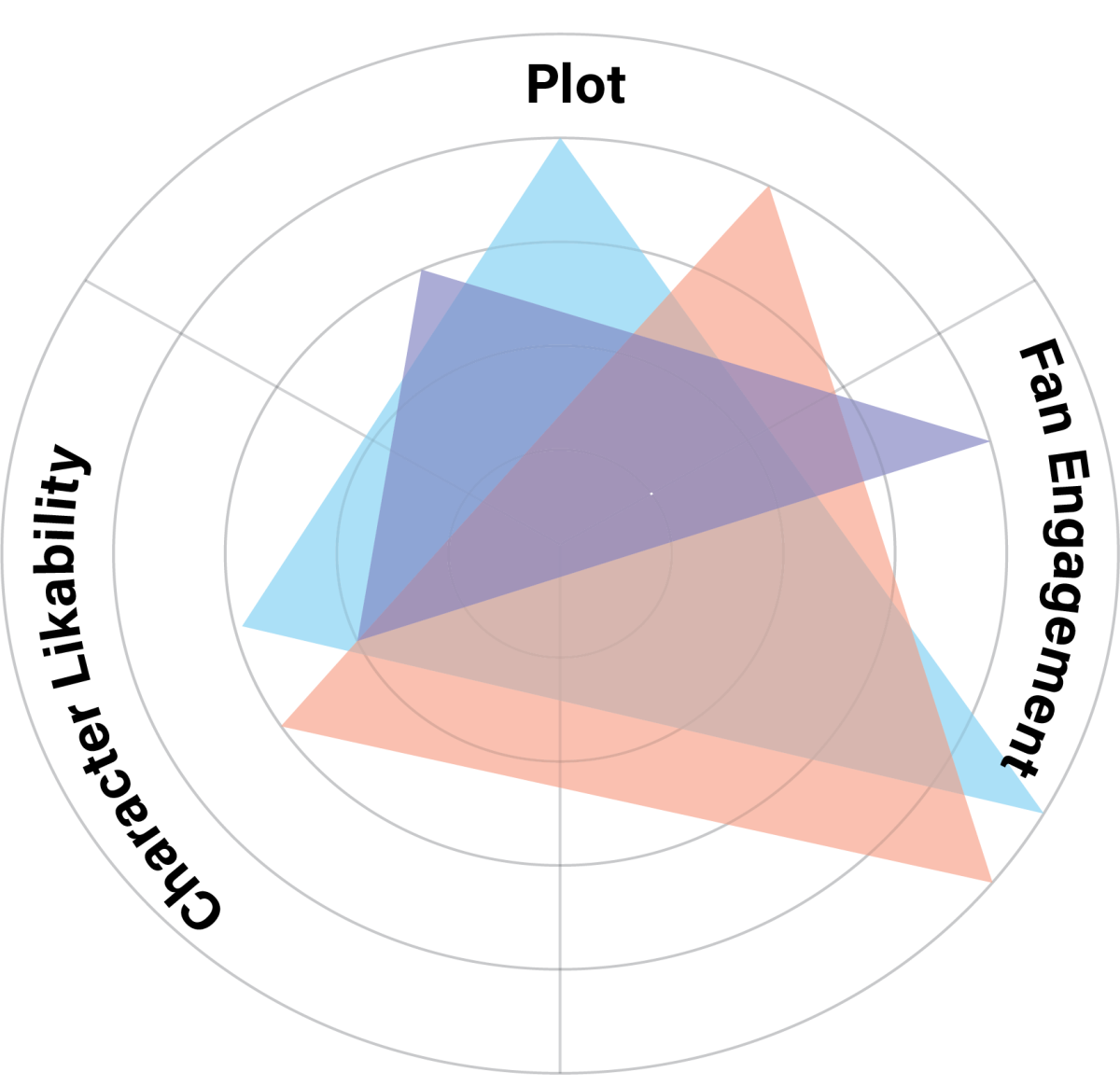



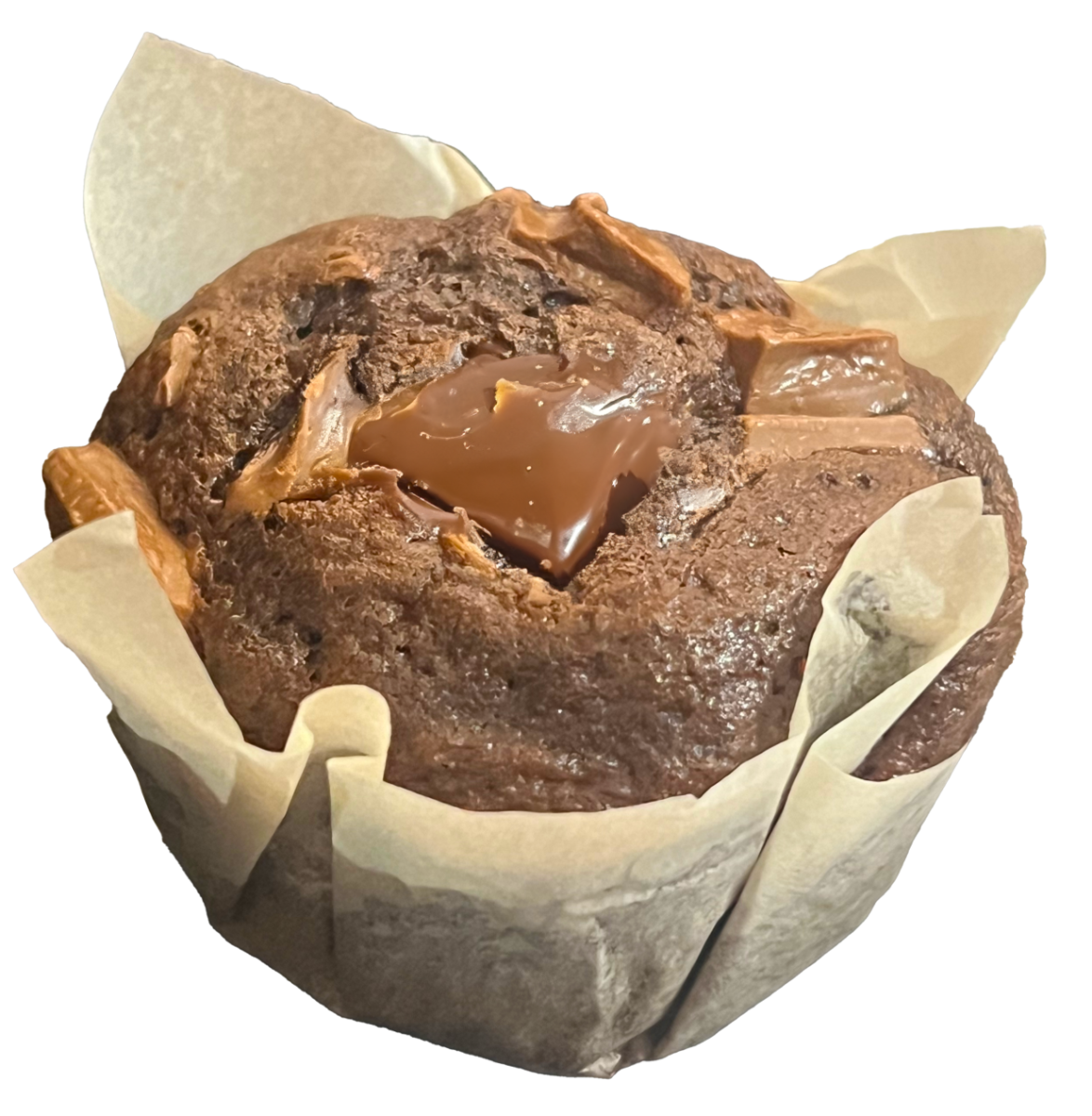
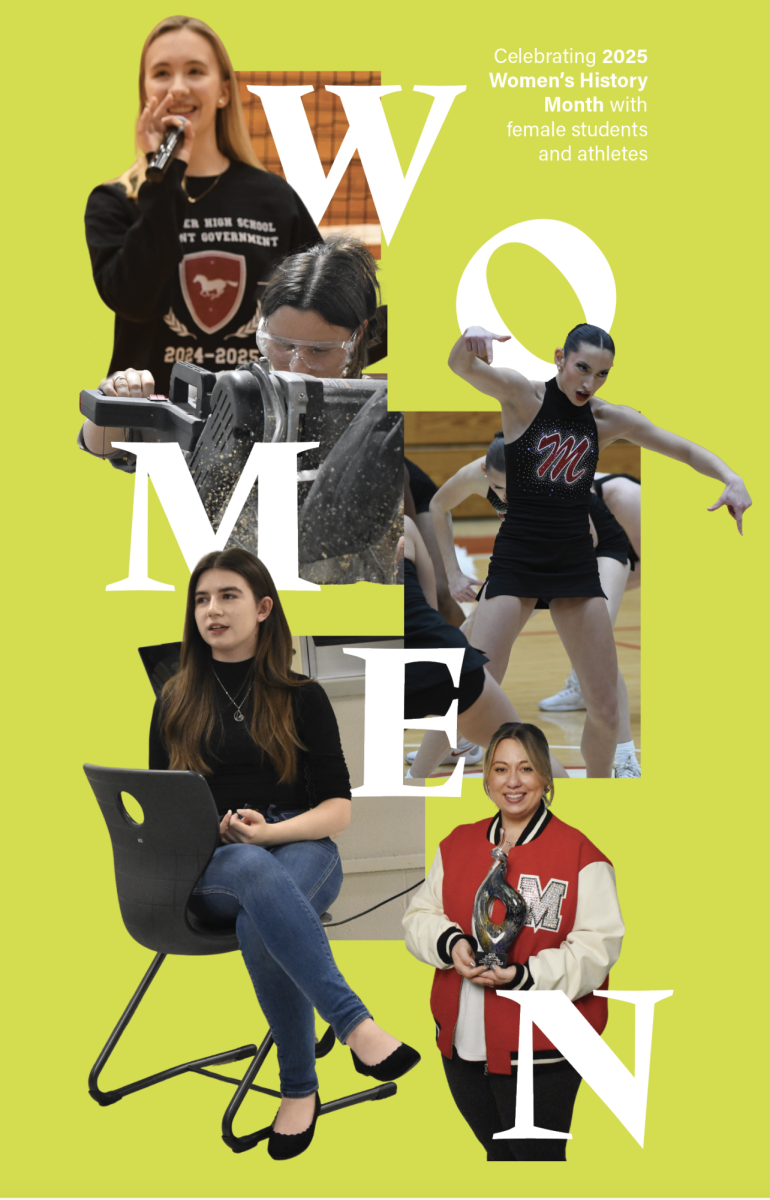
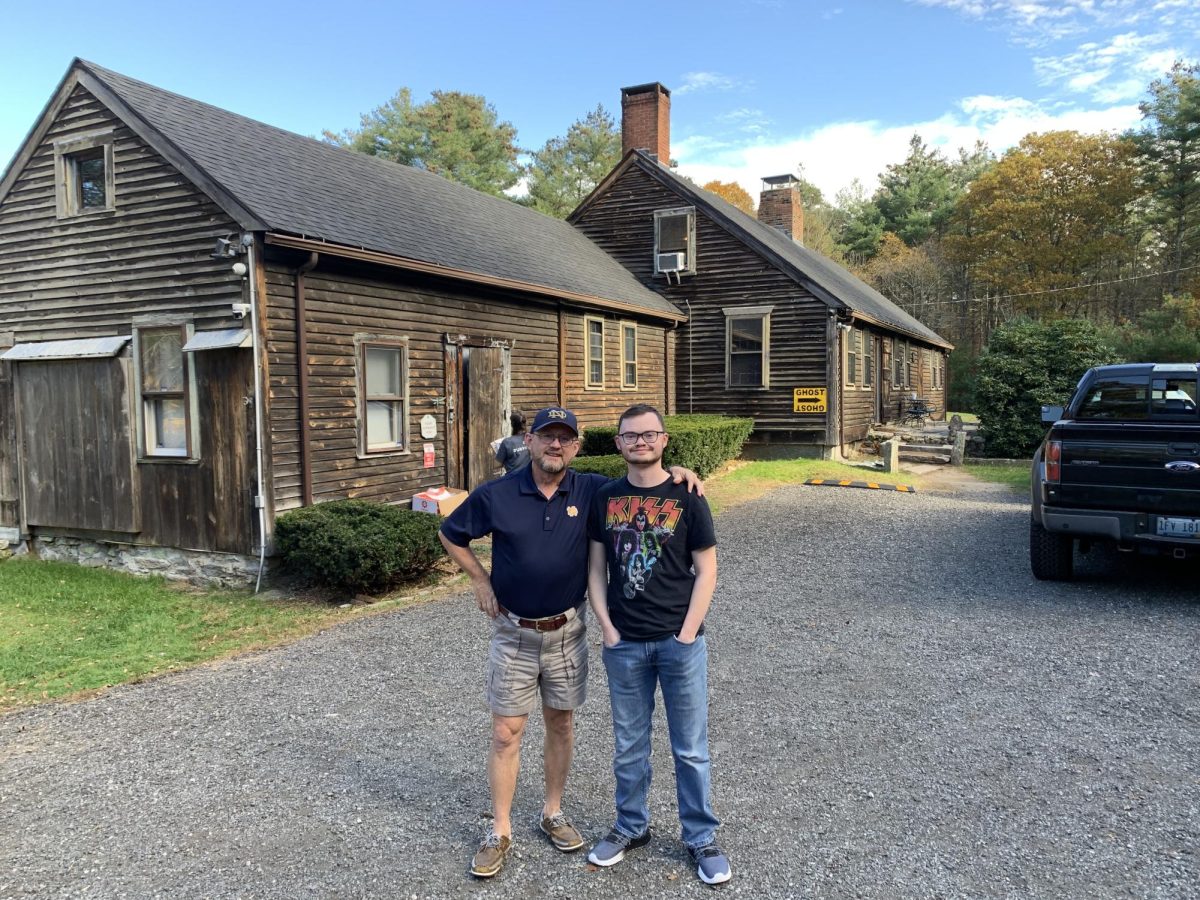
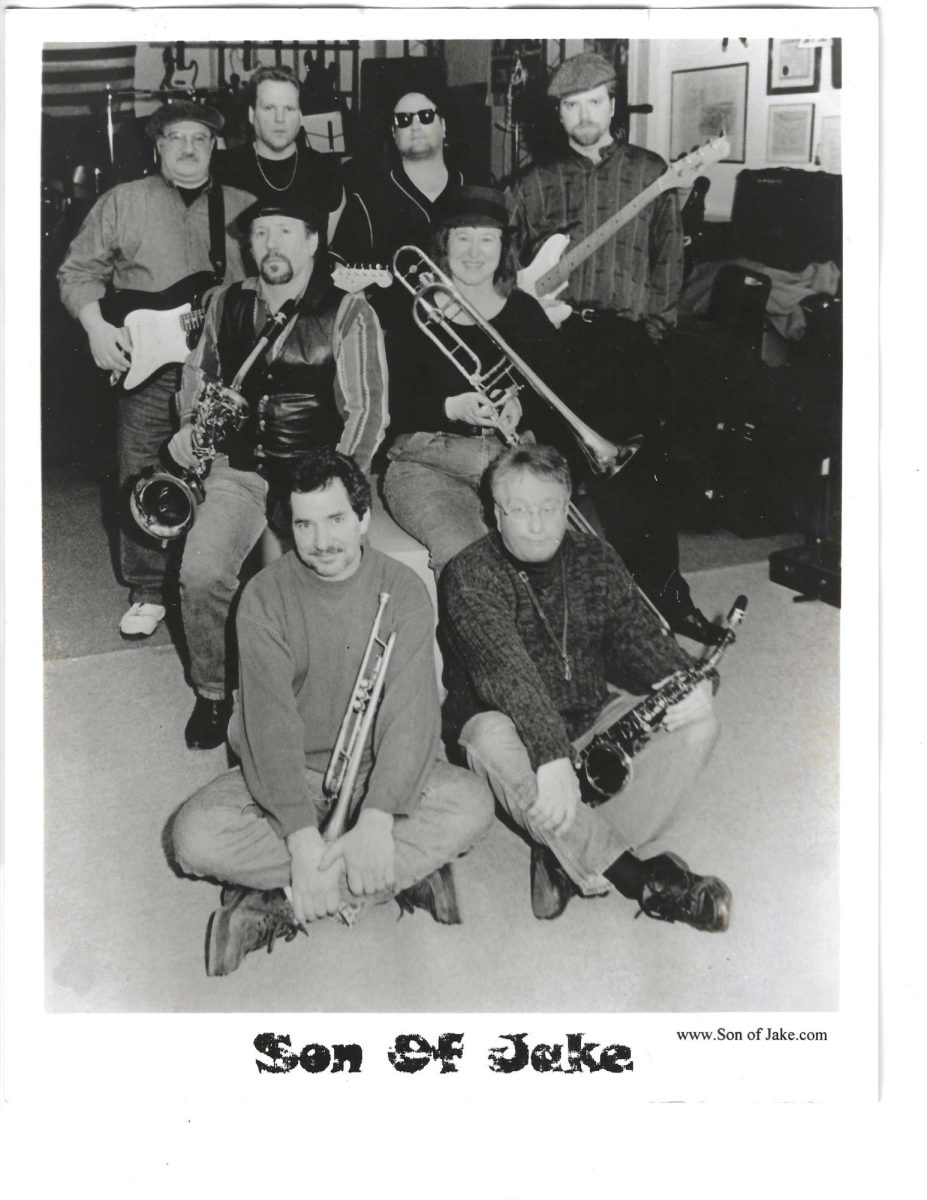
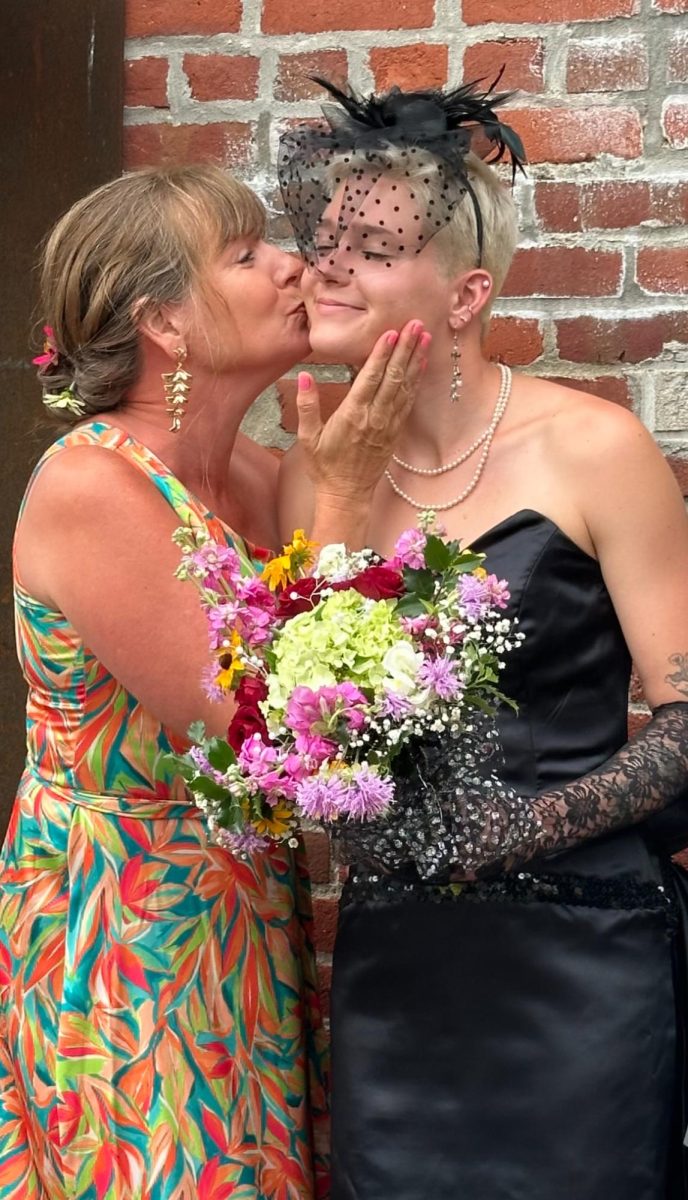
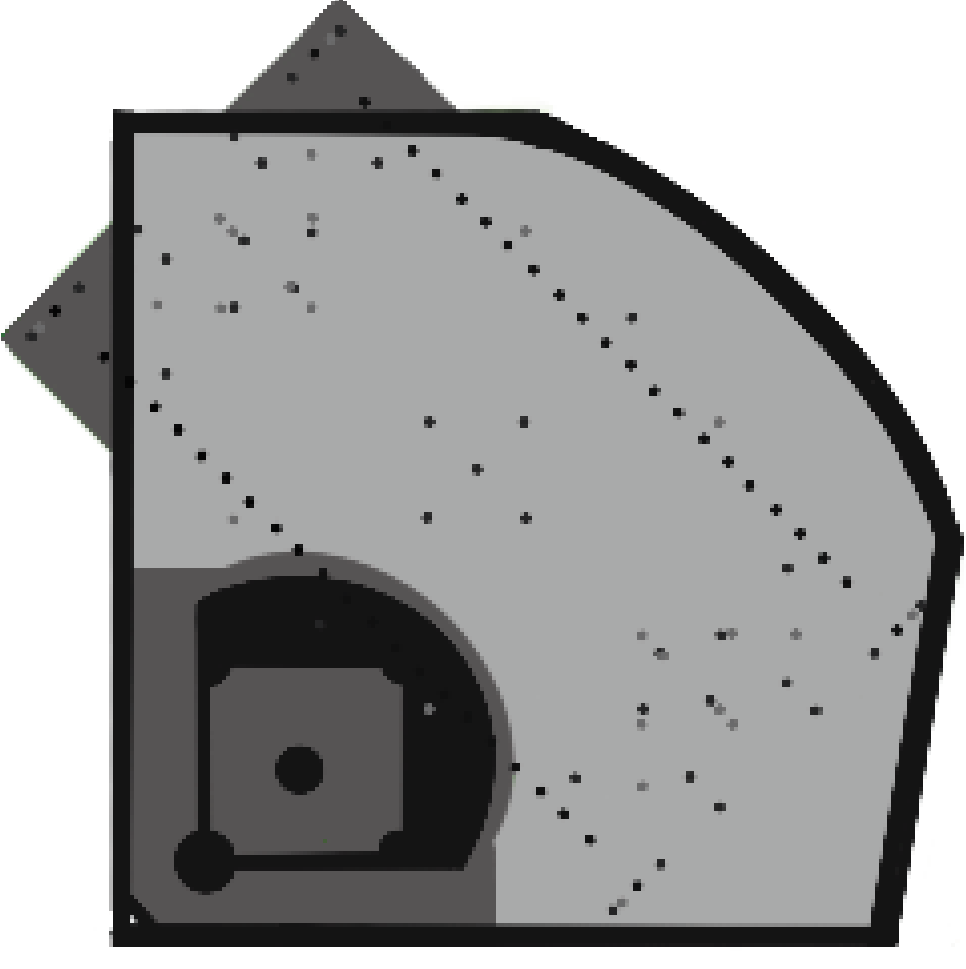
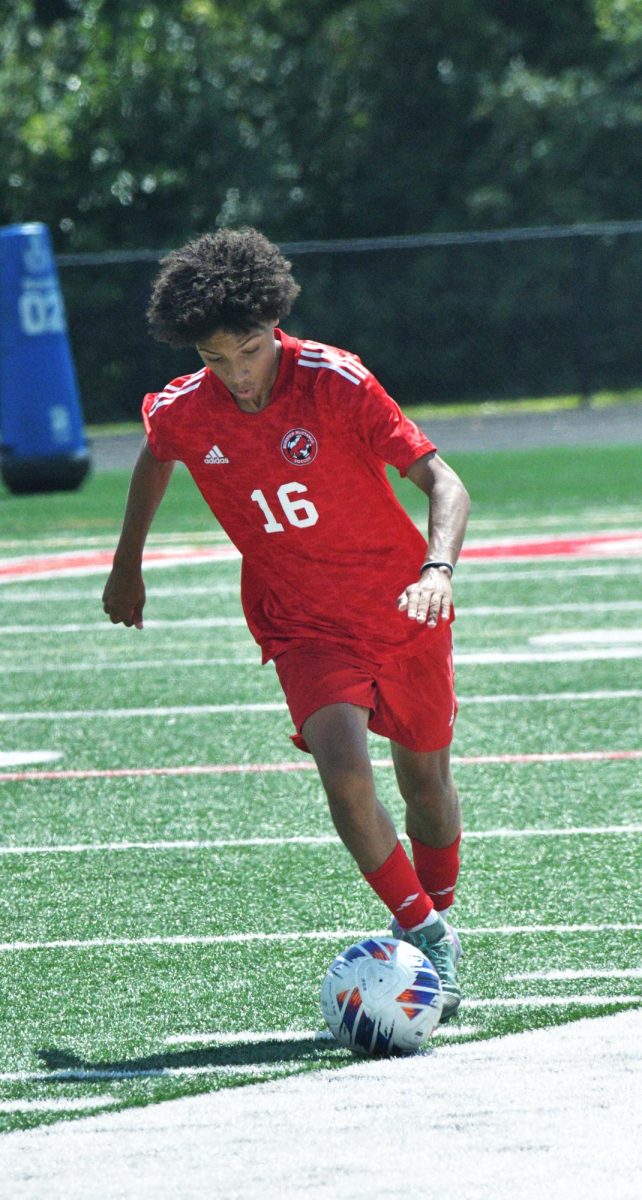
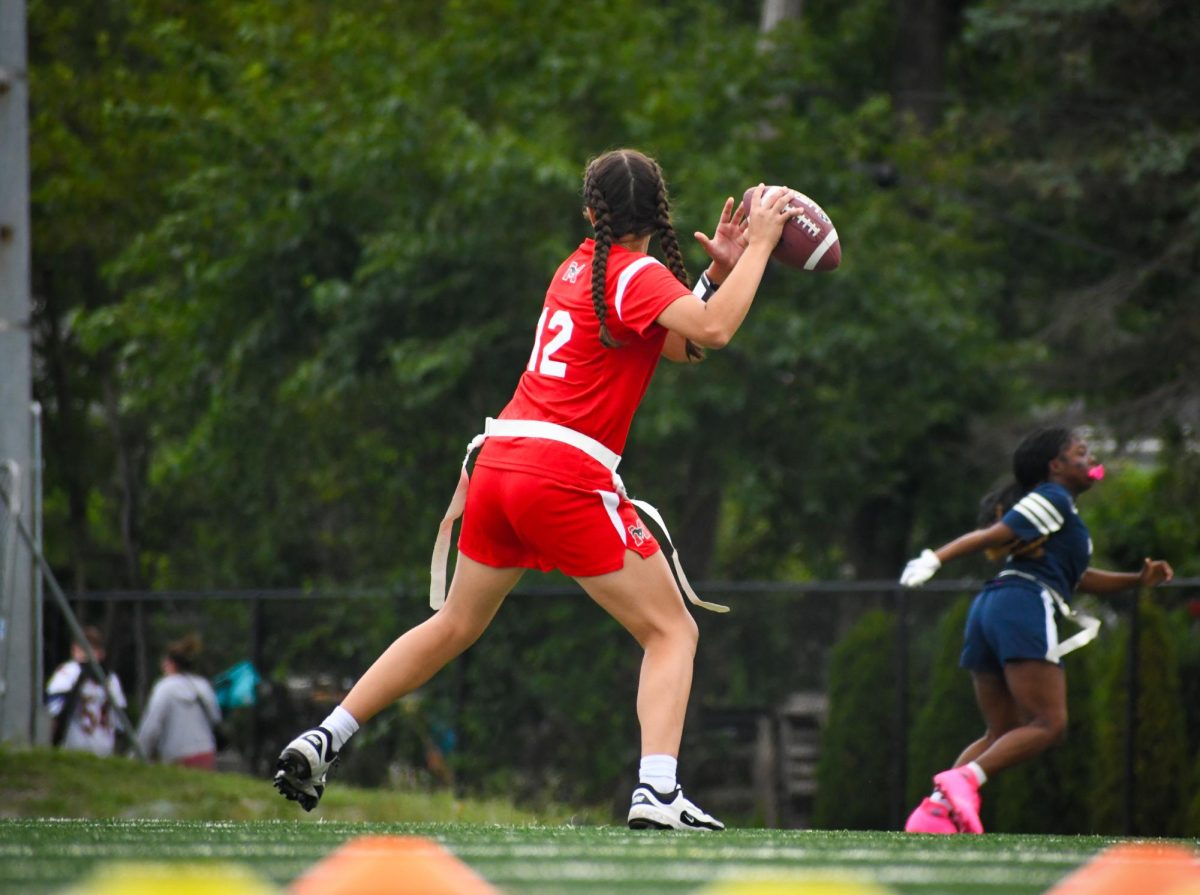
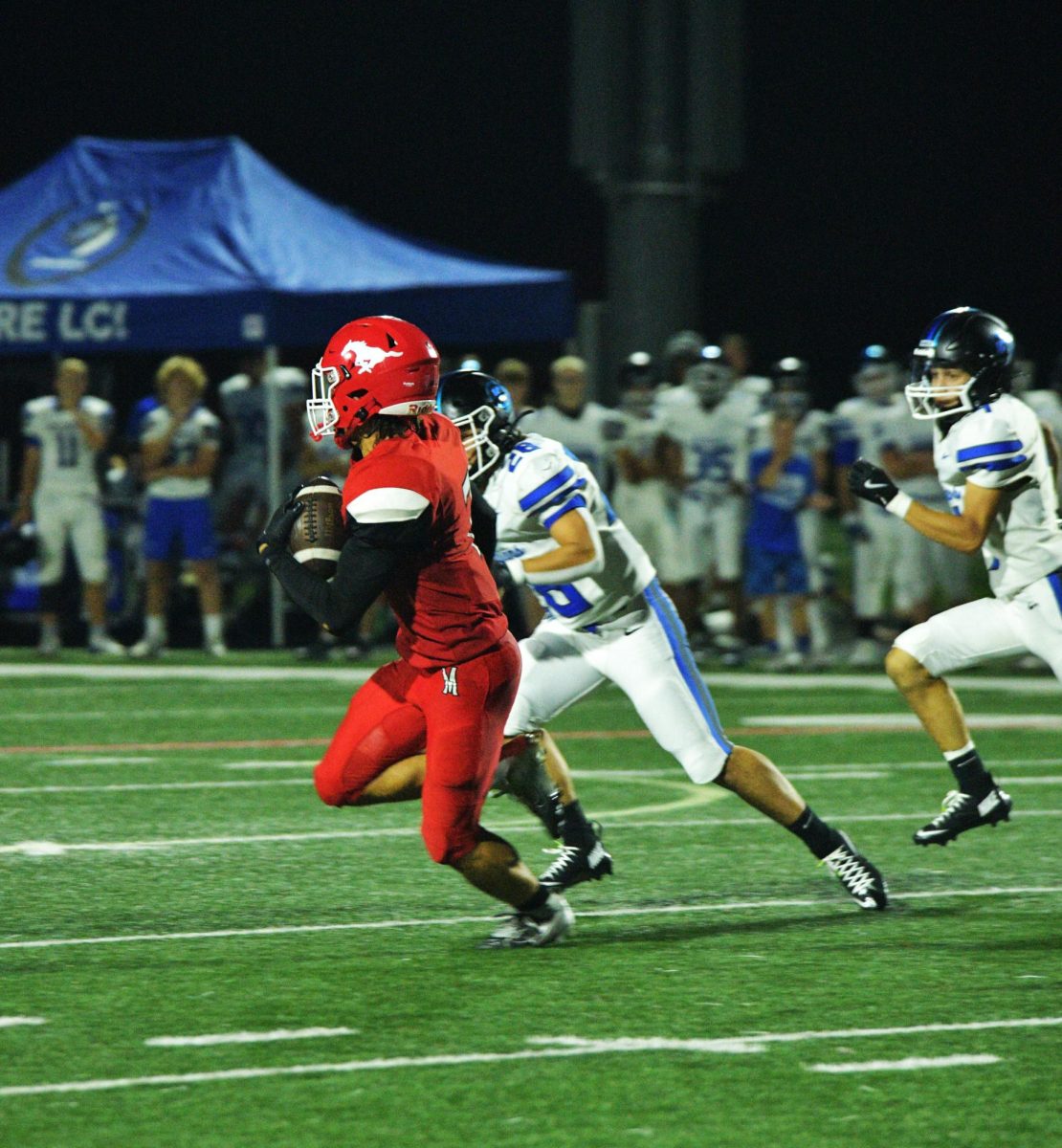
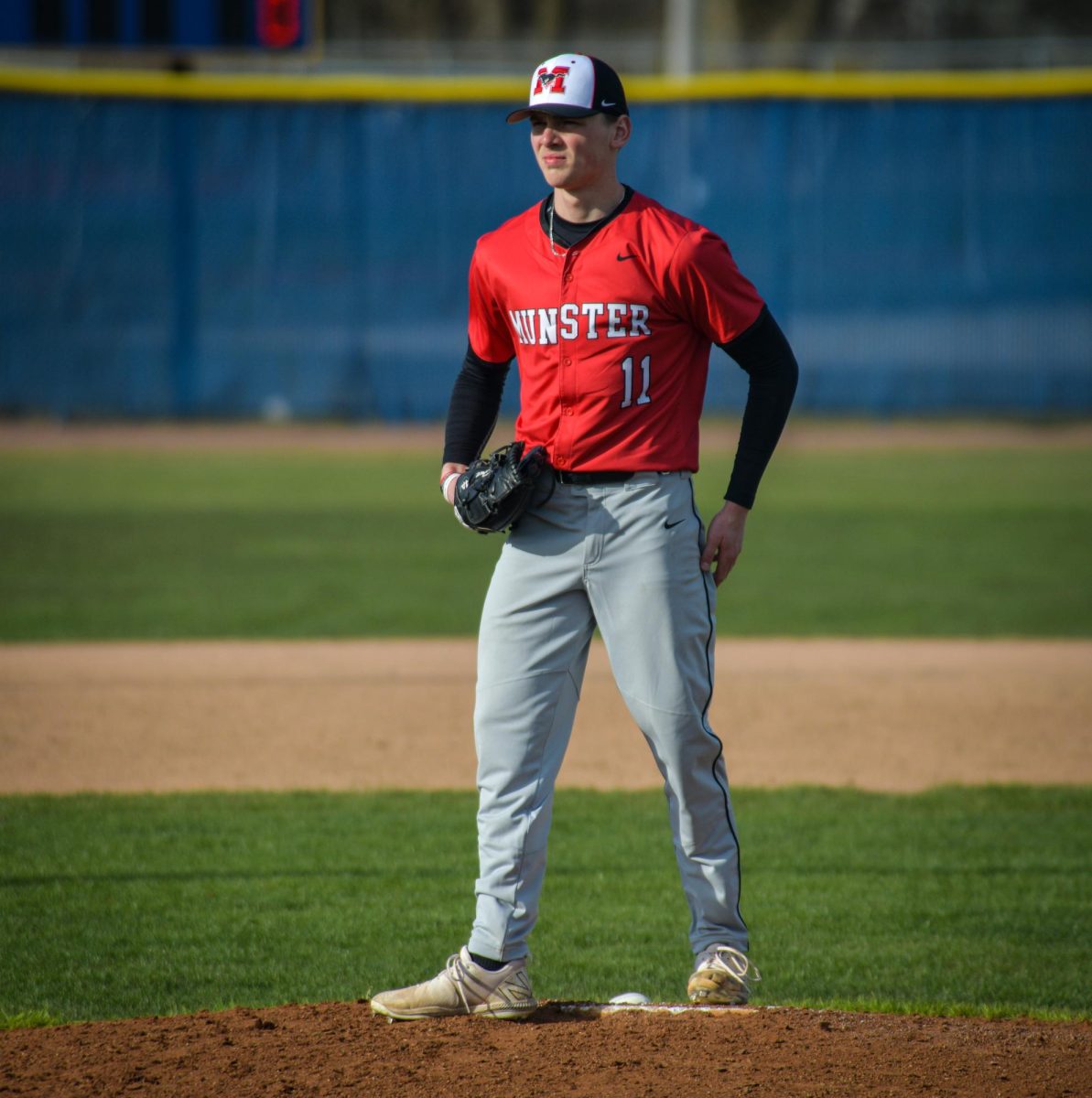
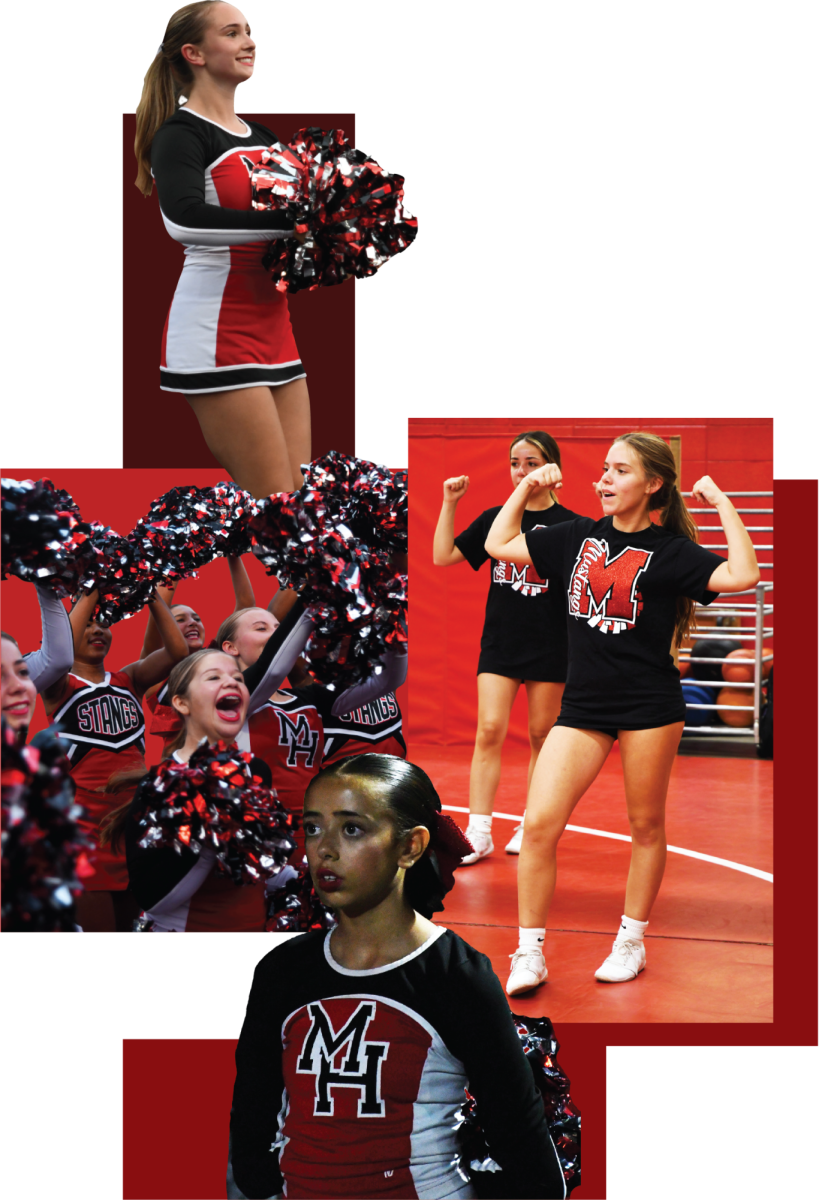
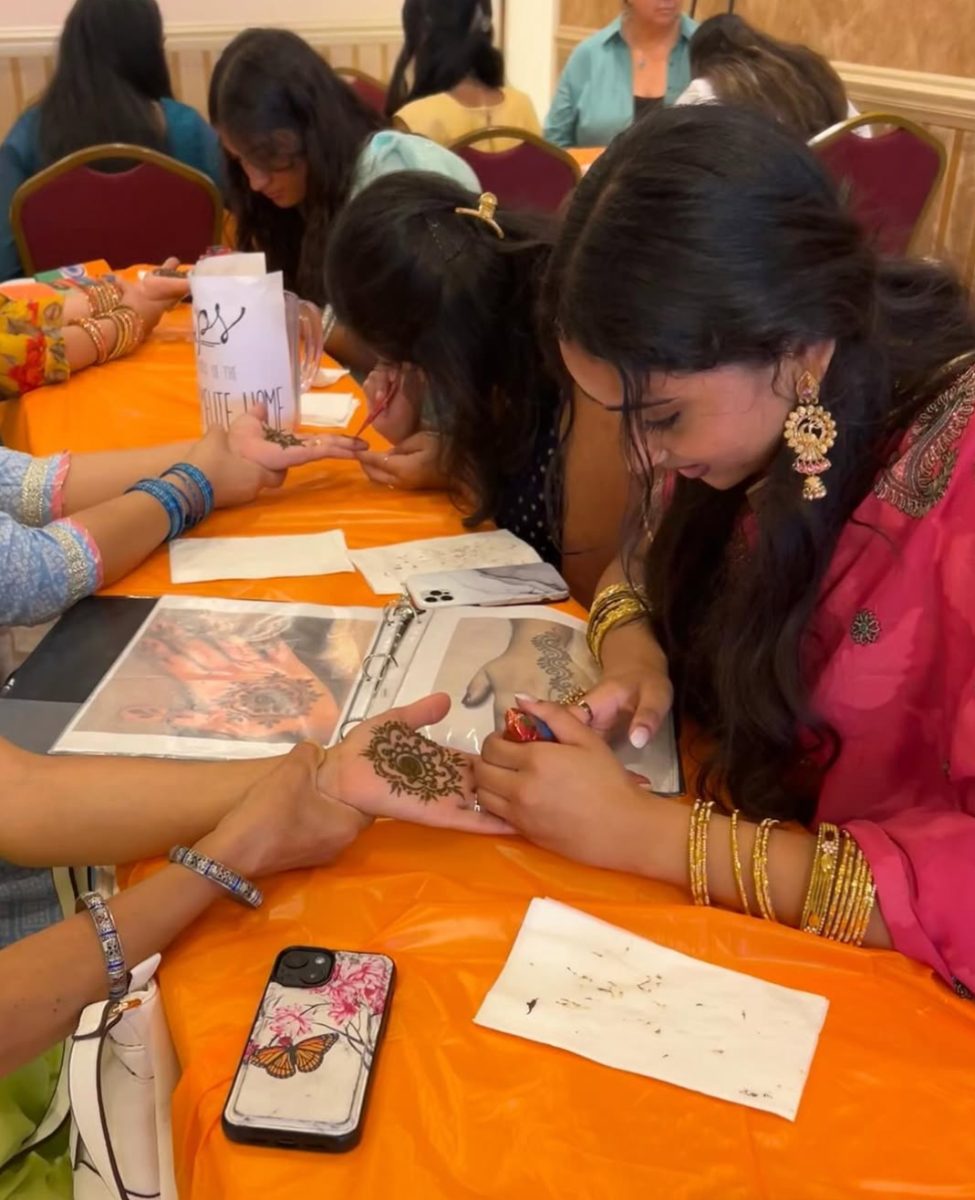
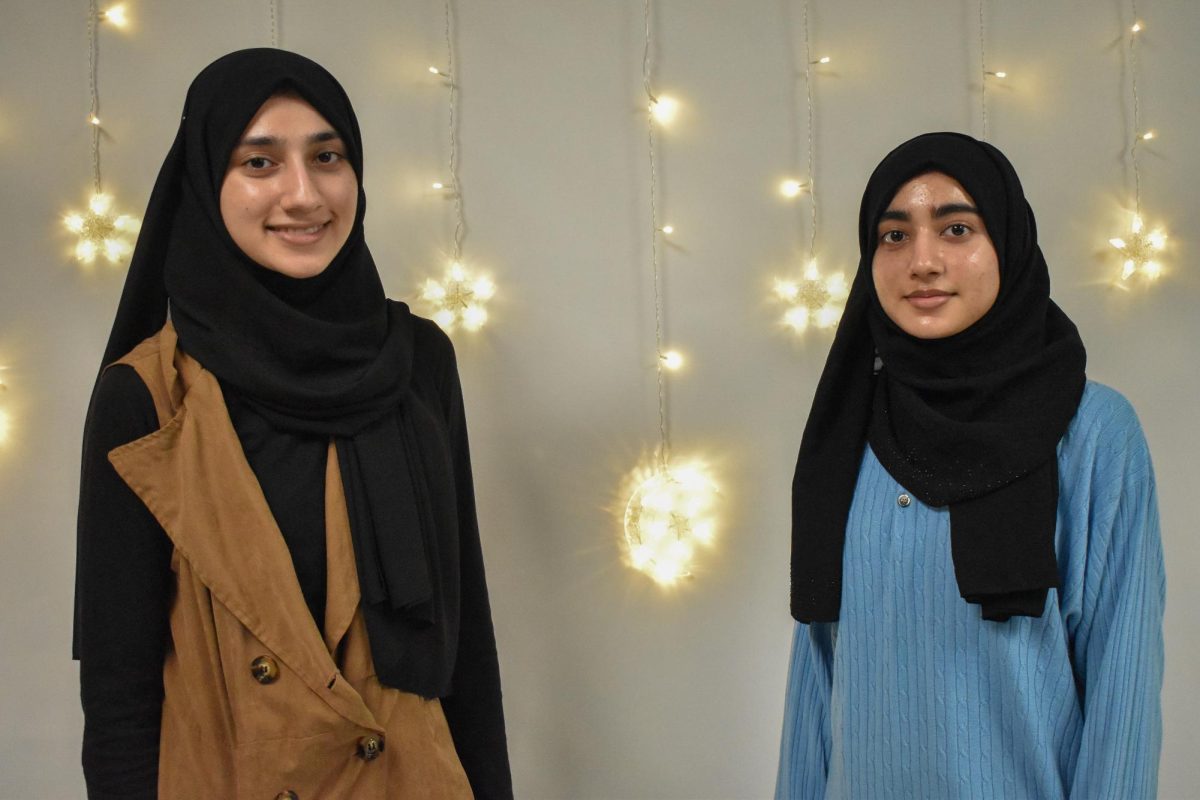
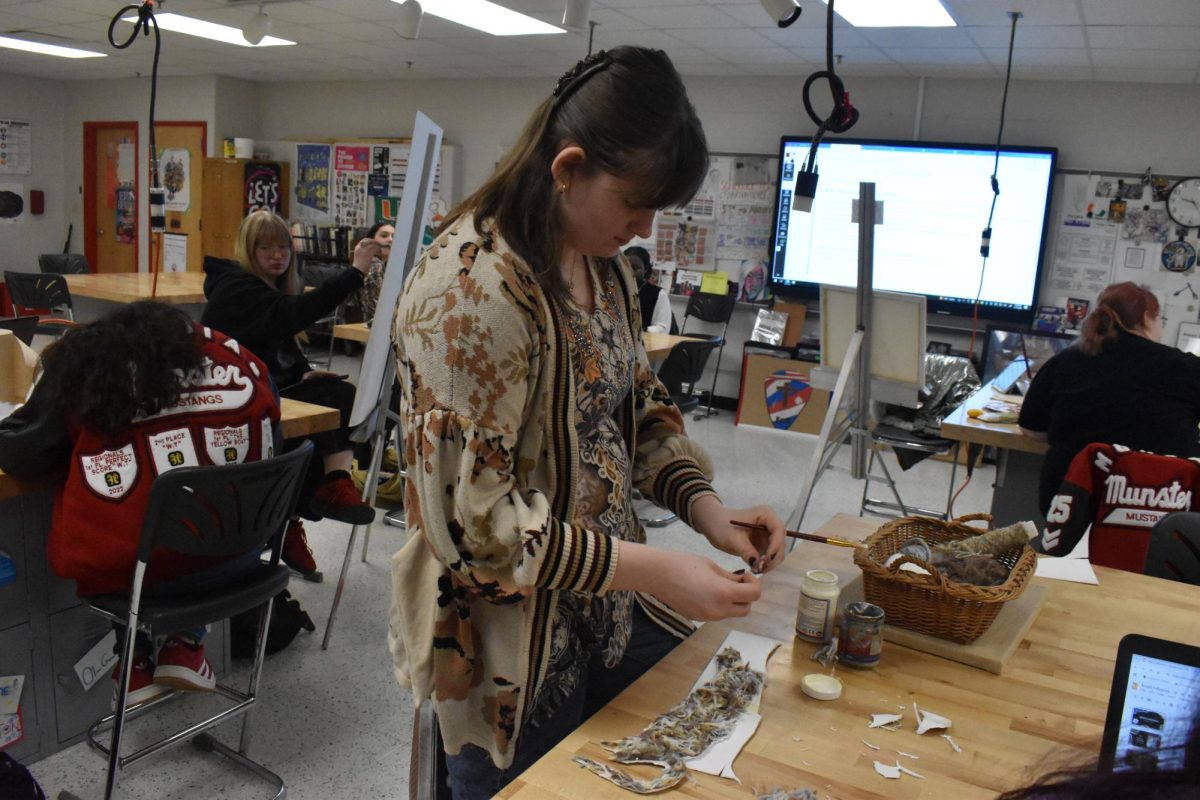
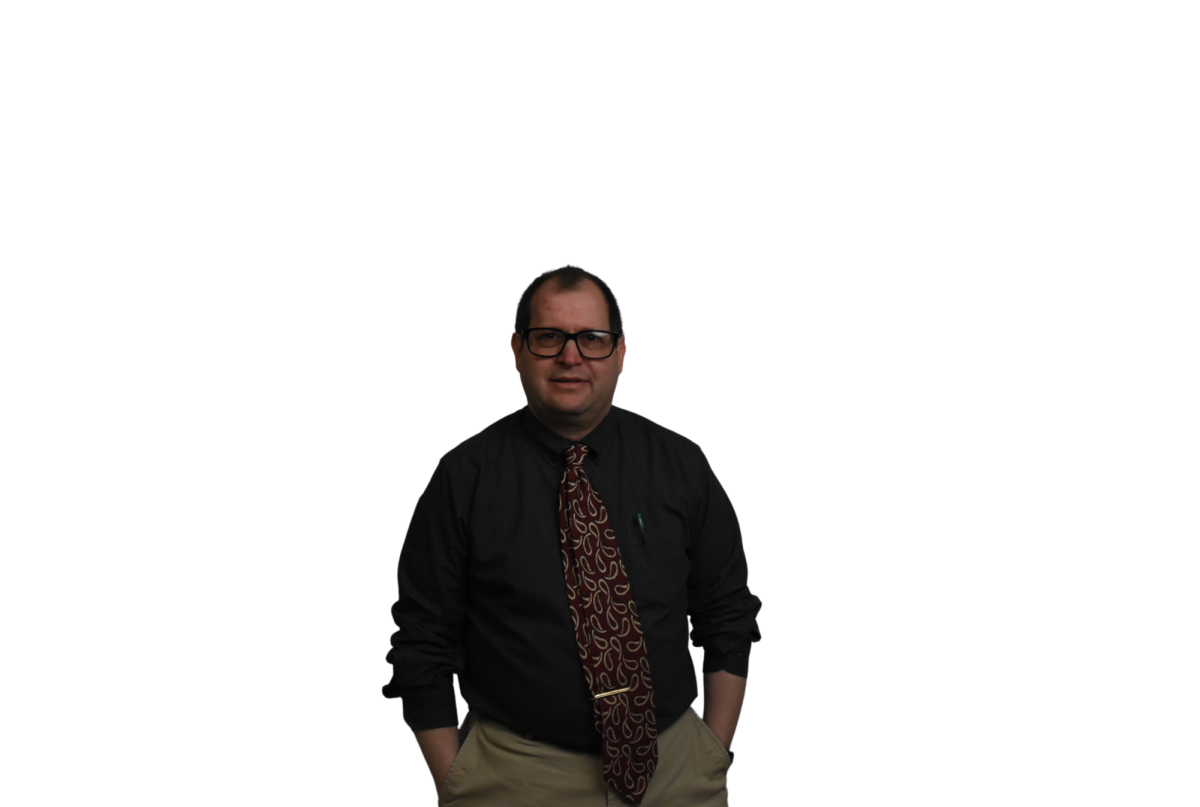
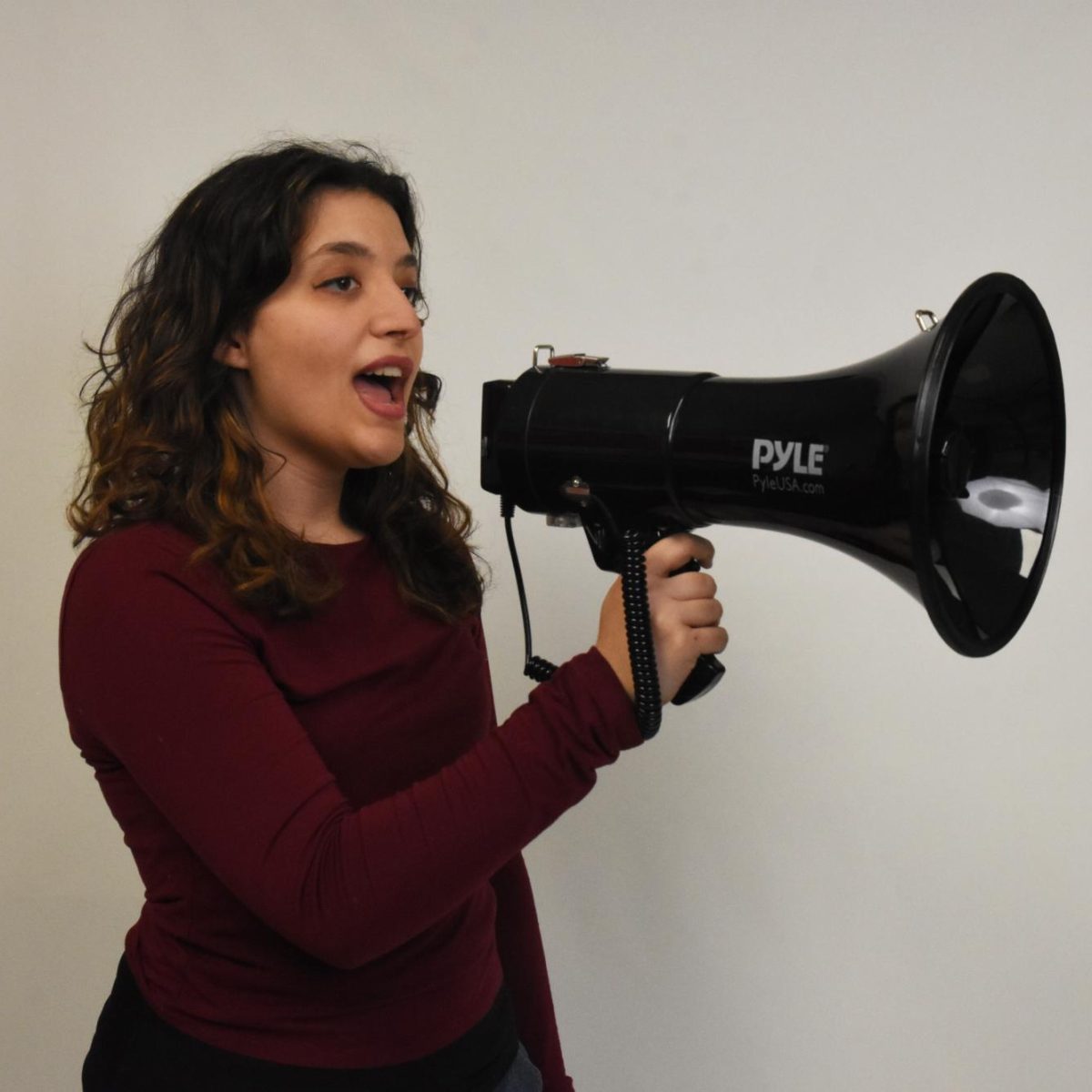
![SNAP HAPPY Recording on a GoPro for social media, senior Sam Mellon has recently started a weekly sports podcast. “[Senior] Brendan Feeney and I have been talking about doing a sports podcast forever. We love talking about sports and we just grabbed [senior] Will Hanas and went along with it,” Mellon said.](https://mhsnews.net/wp-content/uploads/2025/04/sam-892x1200.png)
